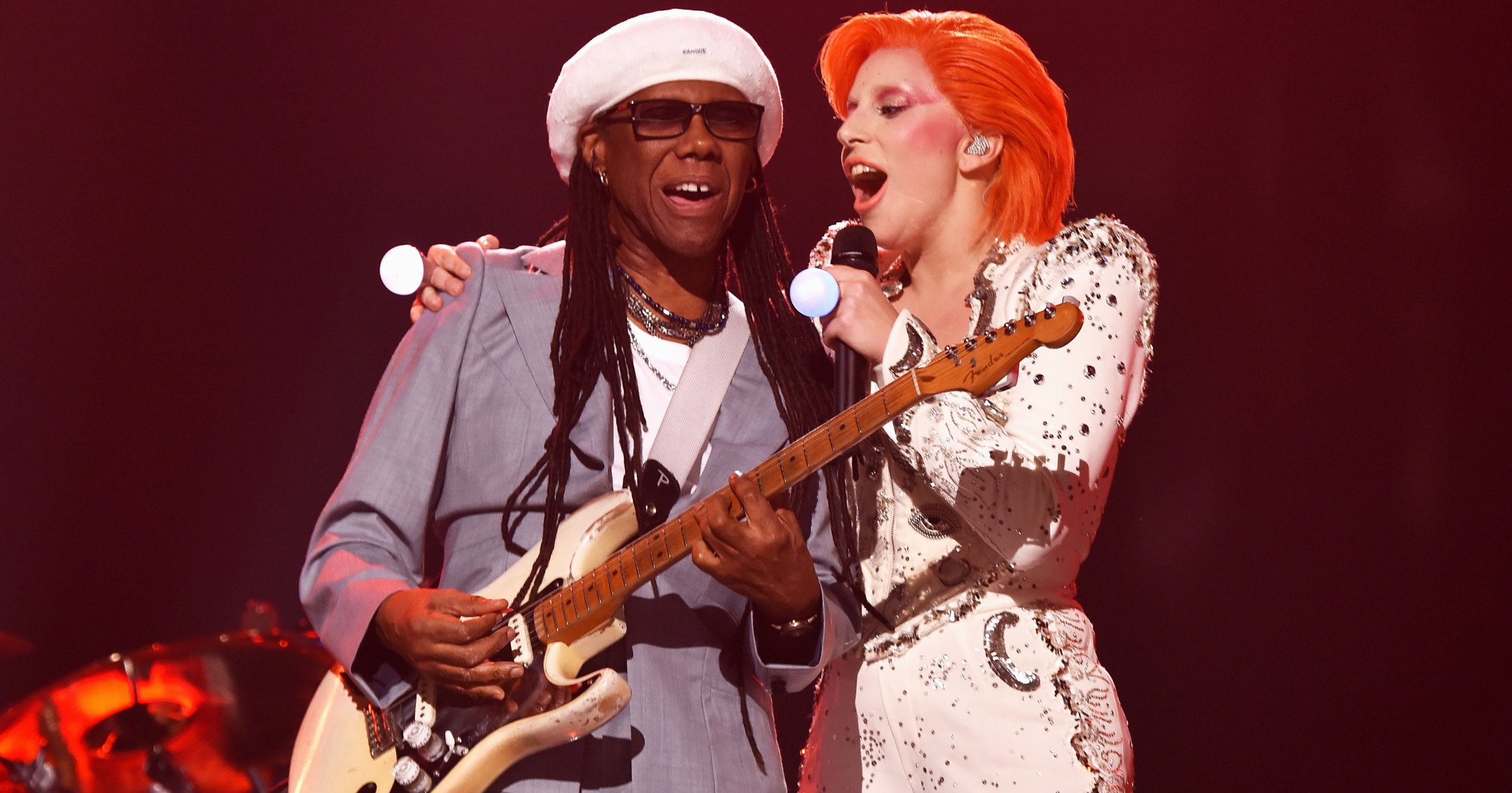
After her showstopping tribute to the late David Bowie at this month’s Grammy Awards, Lady Gaga is in the midst of a major comeback. The star, who just two years ago faced the threat of the public losing interest in her work, has once again become one of the most-talked-about recording artists on the planet—and she’s done so without actually releasing an album of new material. Gaga’s dominance, proven on this month’s Grammy Awards and to be ratified yet again at the upcoming Oscars, is often credited to her old-fashioned showmanship, comparable to anyone from Elton John to Cher to Bette Midler to Bowie himself. Yet it’s also proof of an increasingly rapid press cycle that Gaga has mastered better than anyone else.
The strategy, since before last year’s Oscars, has been straightforward: To create a series of easily digestible, uncontroversial moments that show the performer to her best advantage. Her tribute to Bowie, for instance, was presented as “edgy” but took no greater risk than arranging a set of familiar songs in a key amenable to Gaga’s big, bold voice. That it was all wrapped into an ad for Intel praising Gaga’s own wild innovation led to some critiques that the whole act was a bit self-serving. But then, it’s hard to think of a pop career built on altruism, and Gaga’s focus on keeping the spotlight proved she was Bowie’s heir—if not the best-equipped to deliver “heartfelt emotion.”
Grammys 2016: See Celebrities Hit the Red Carpet
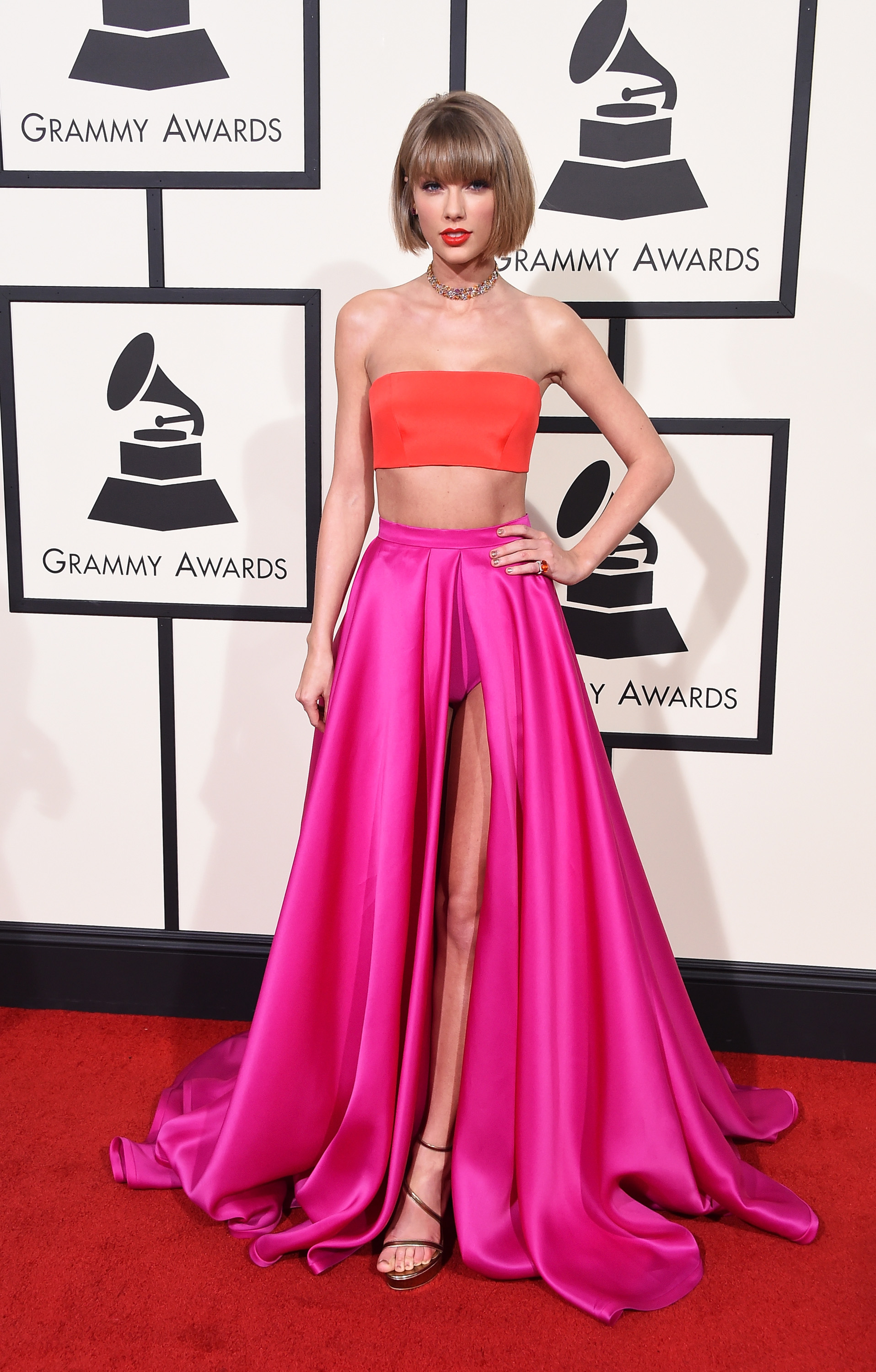
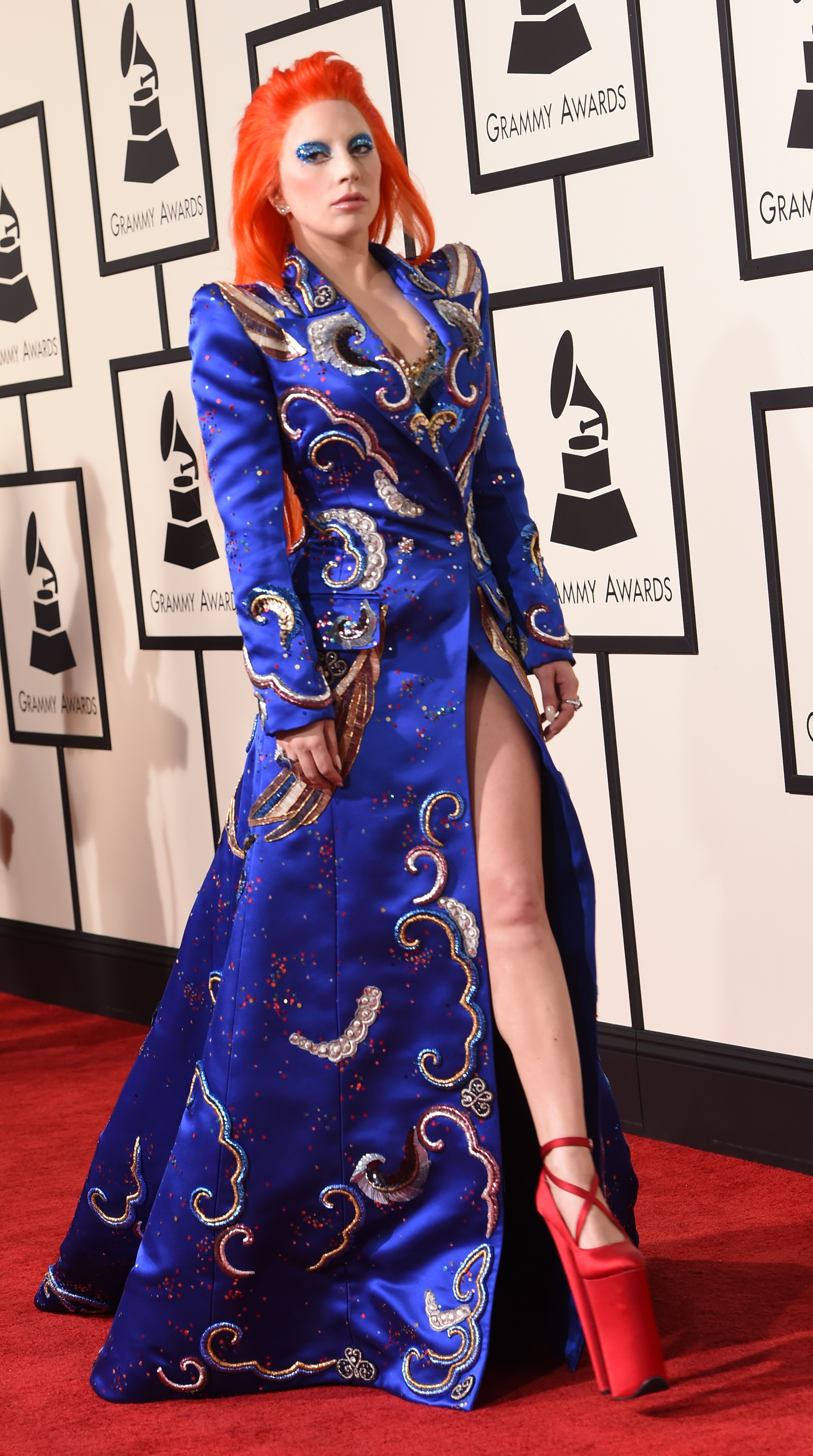
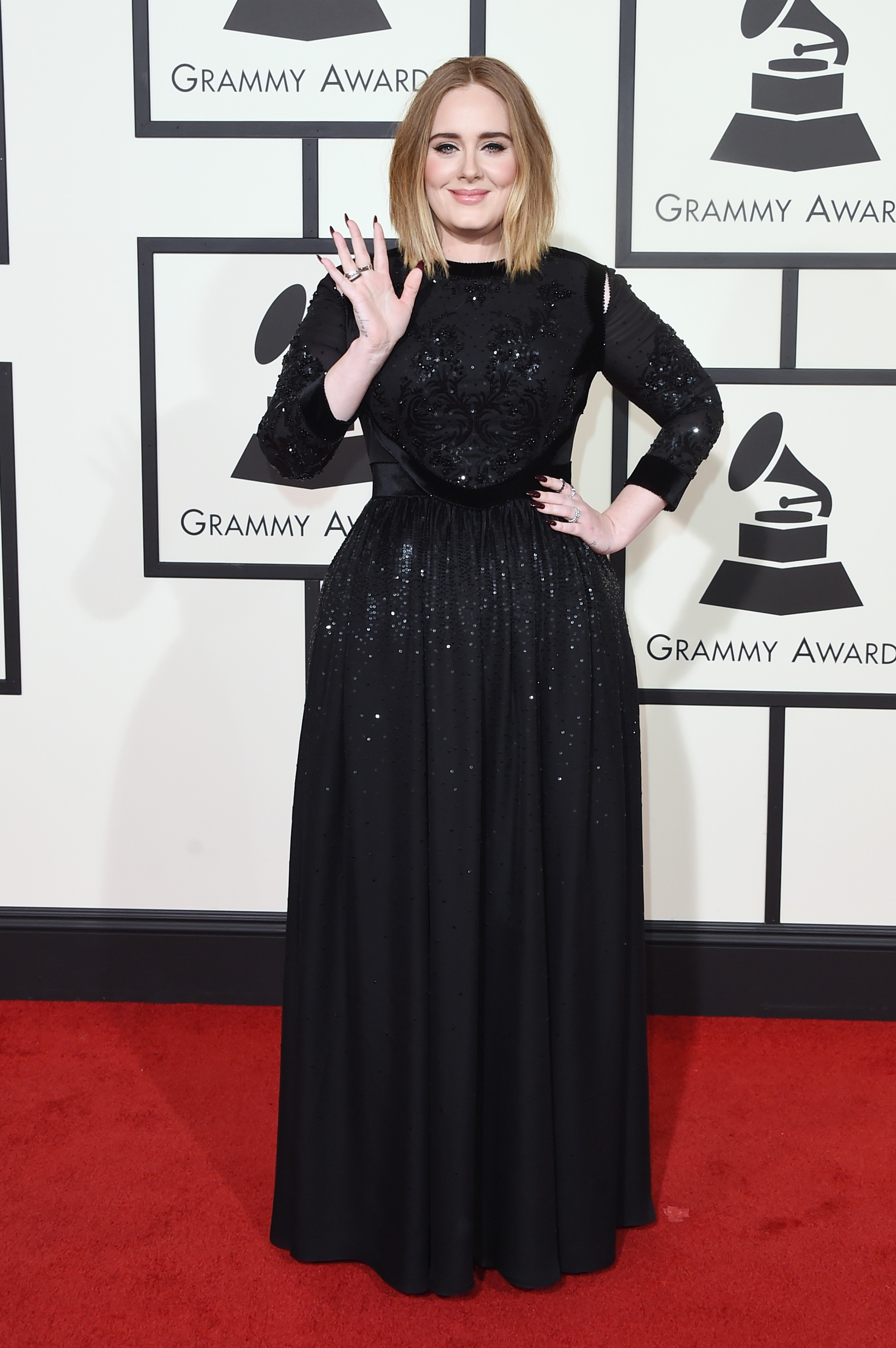
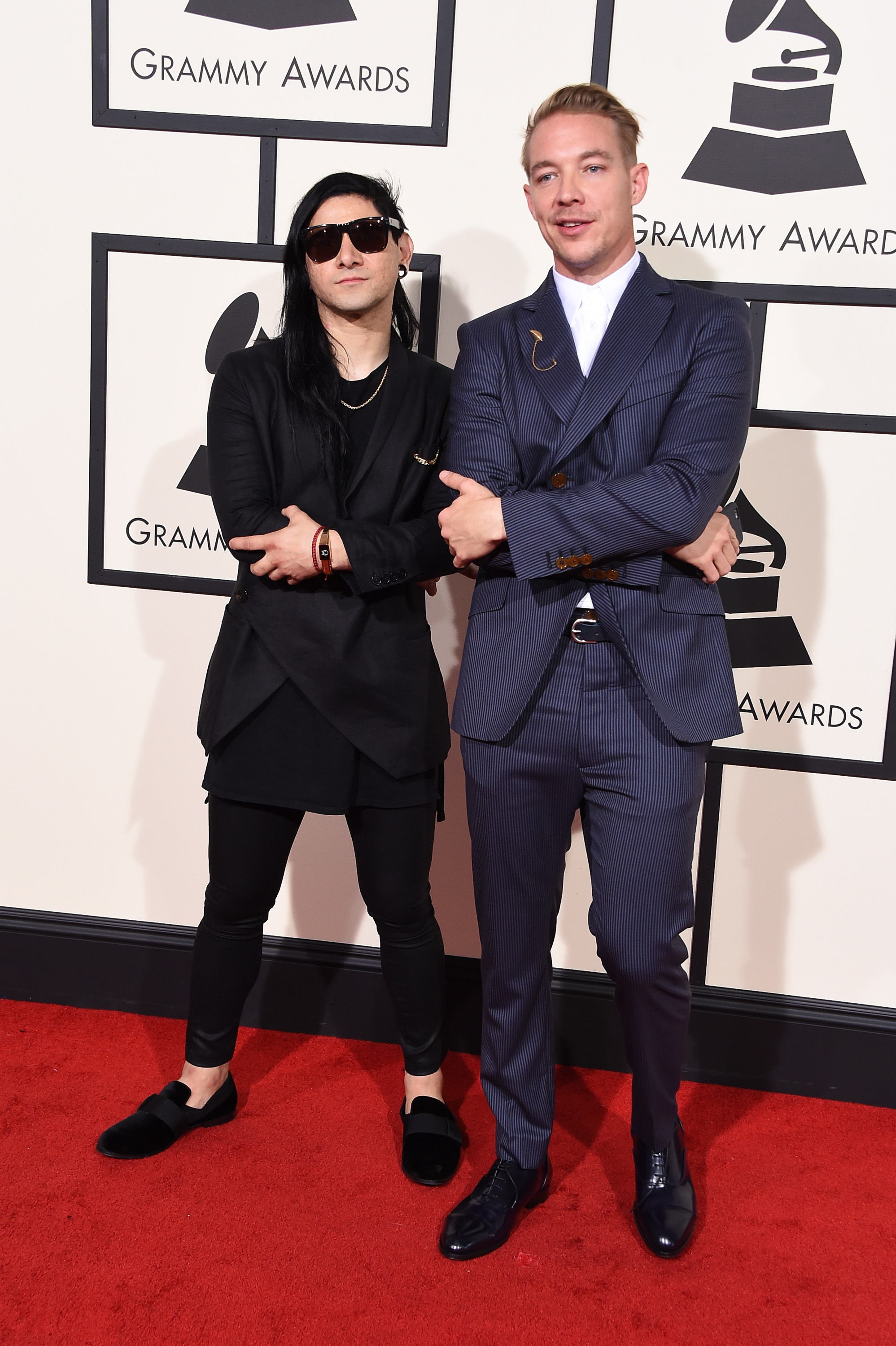
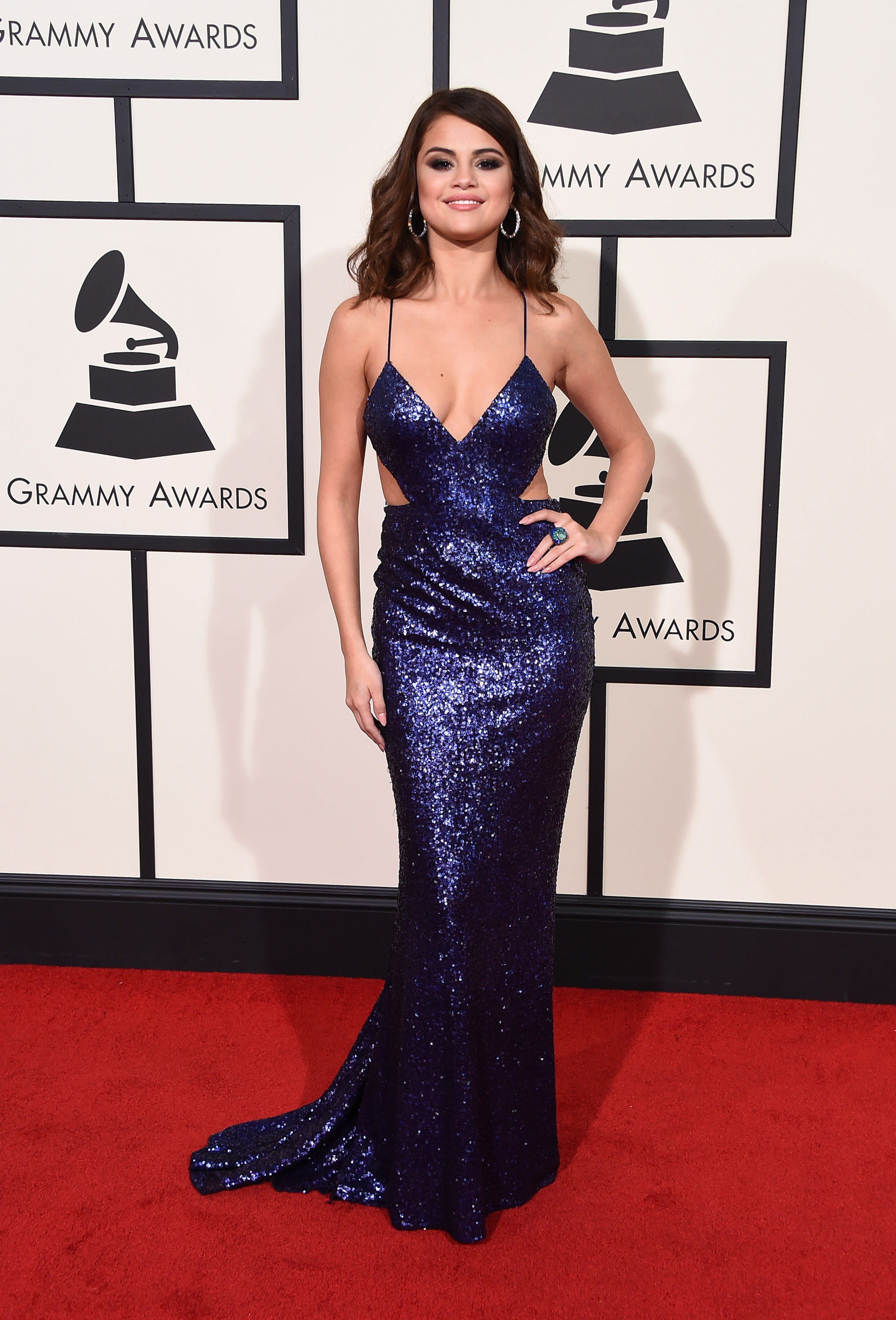
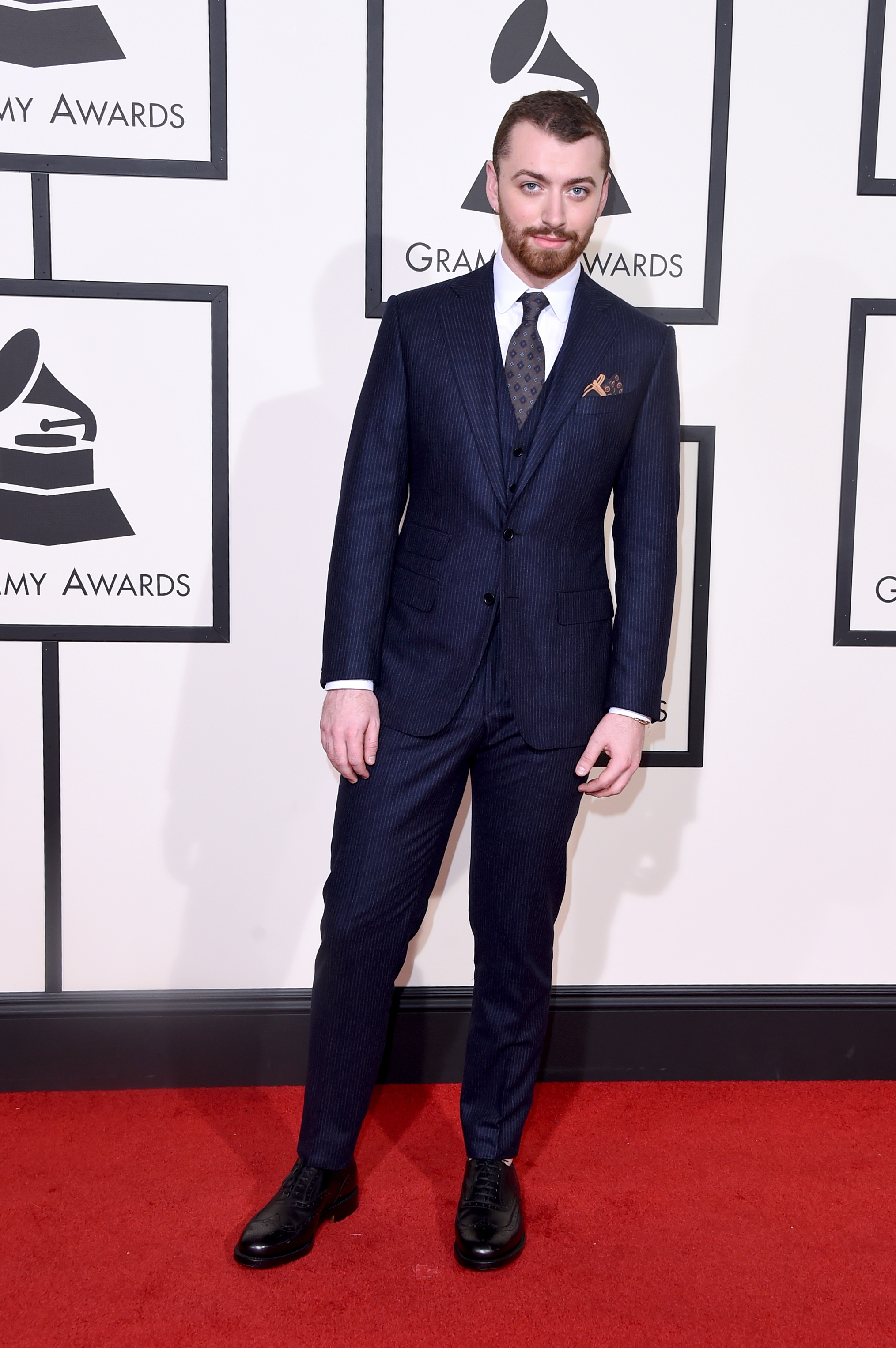
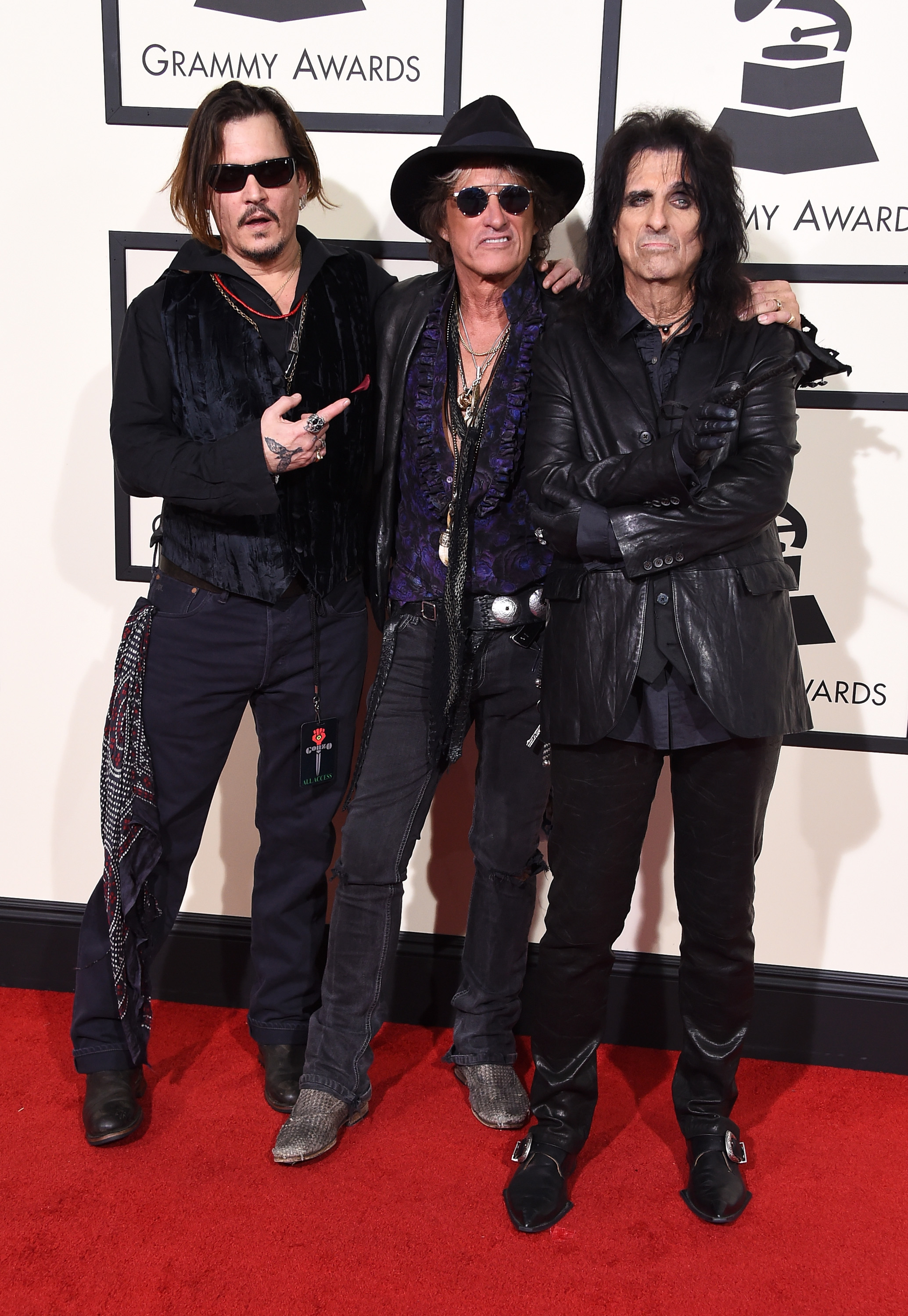
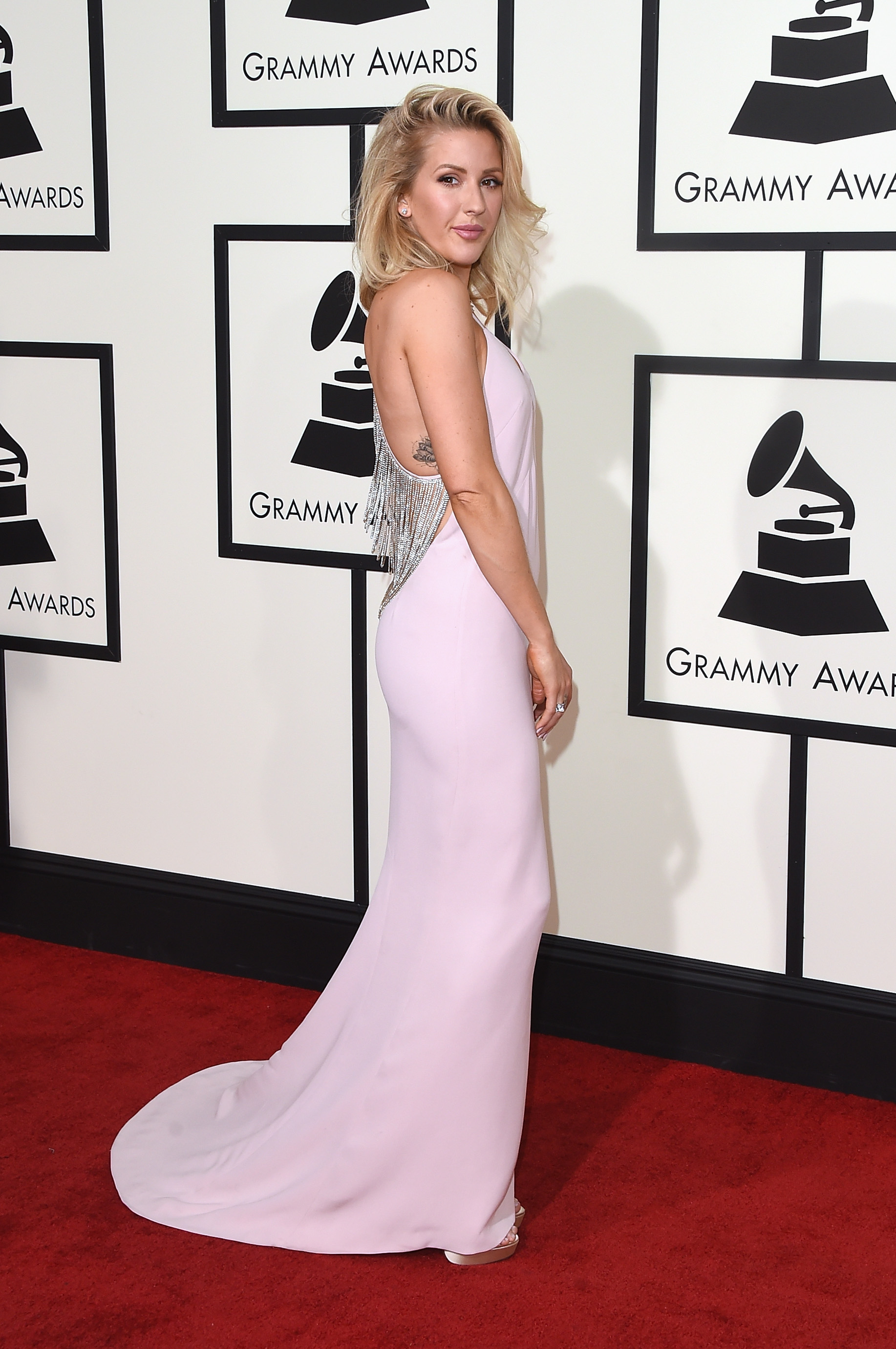
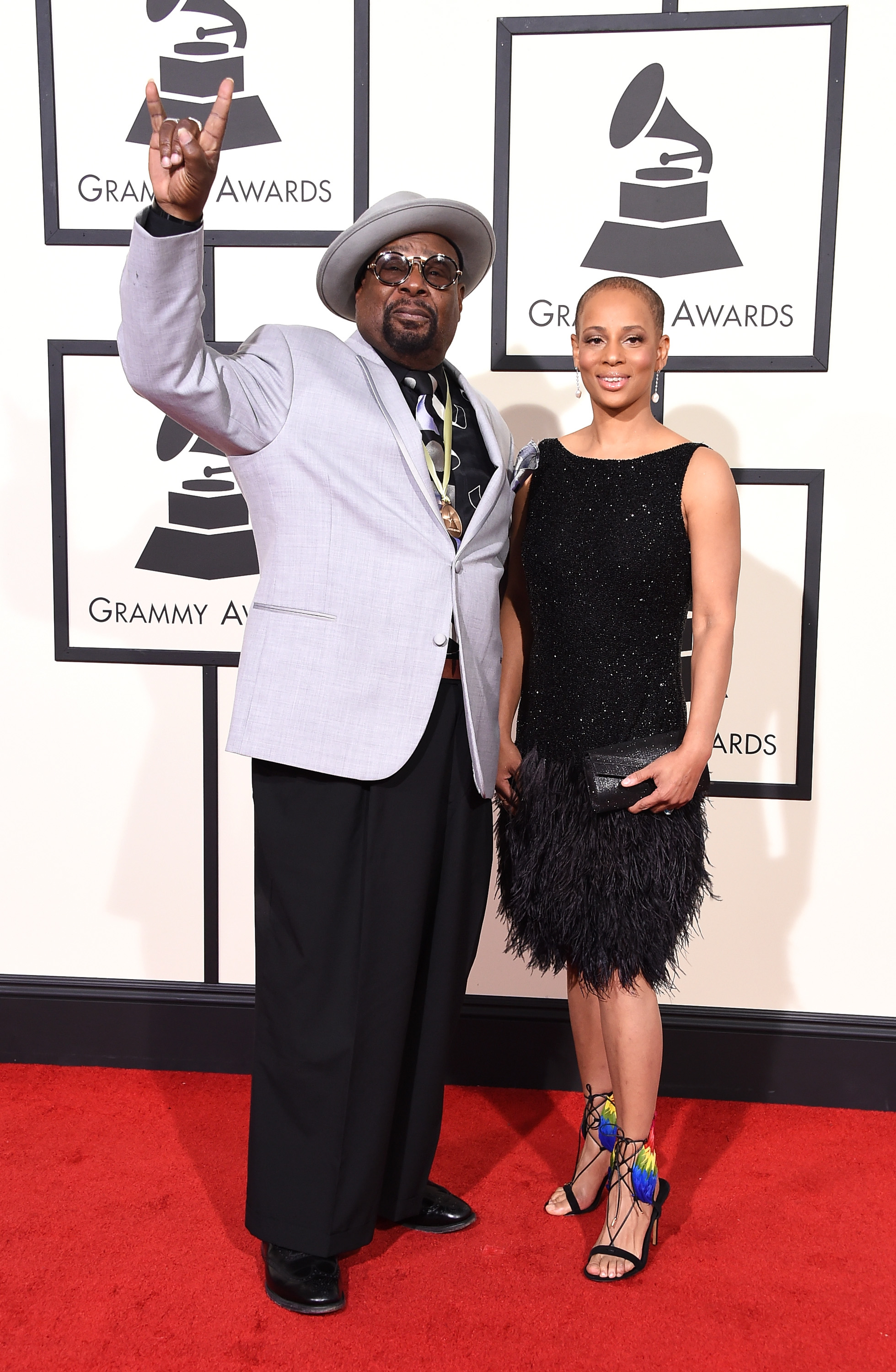
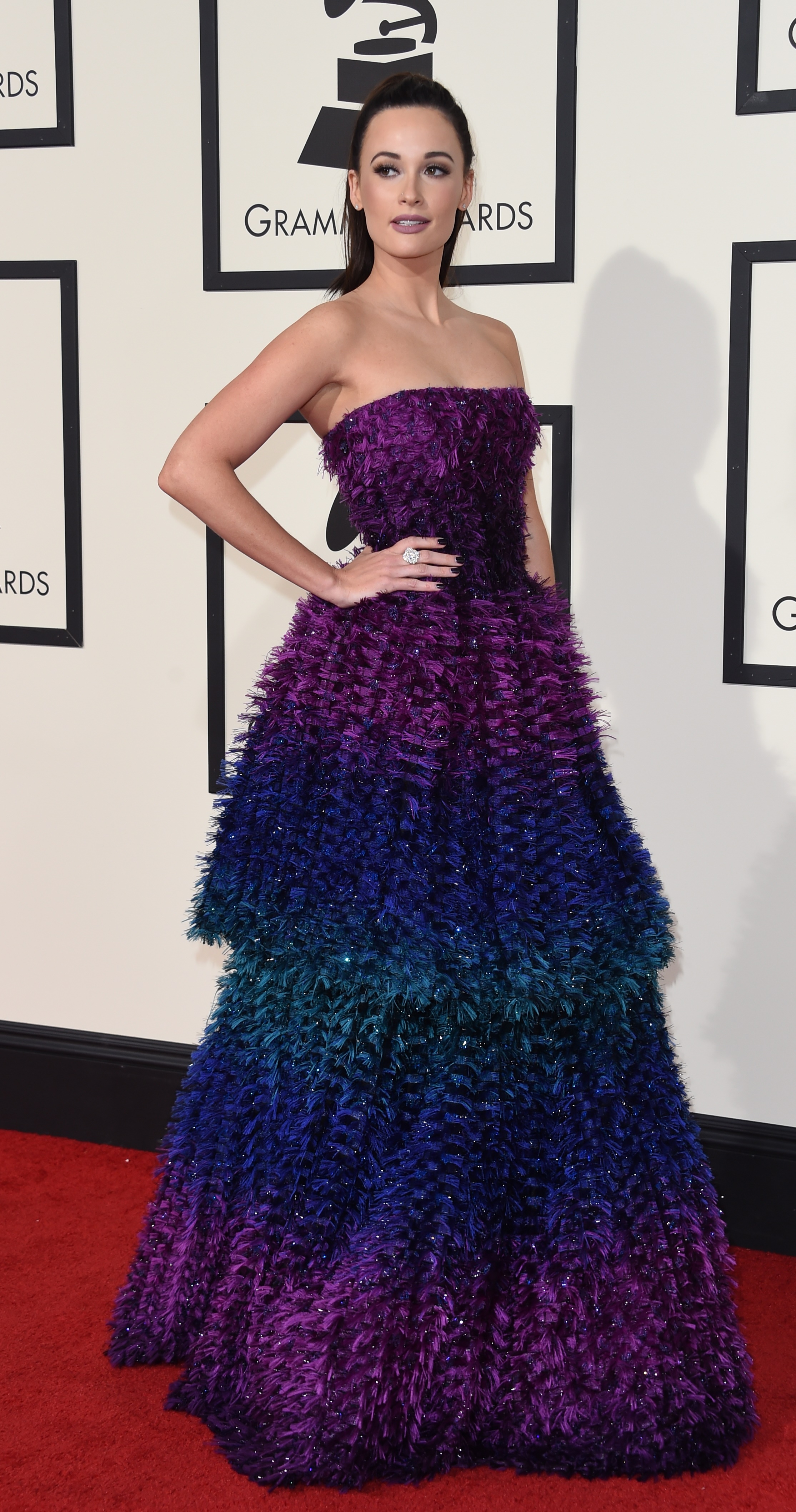
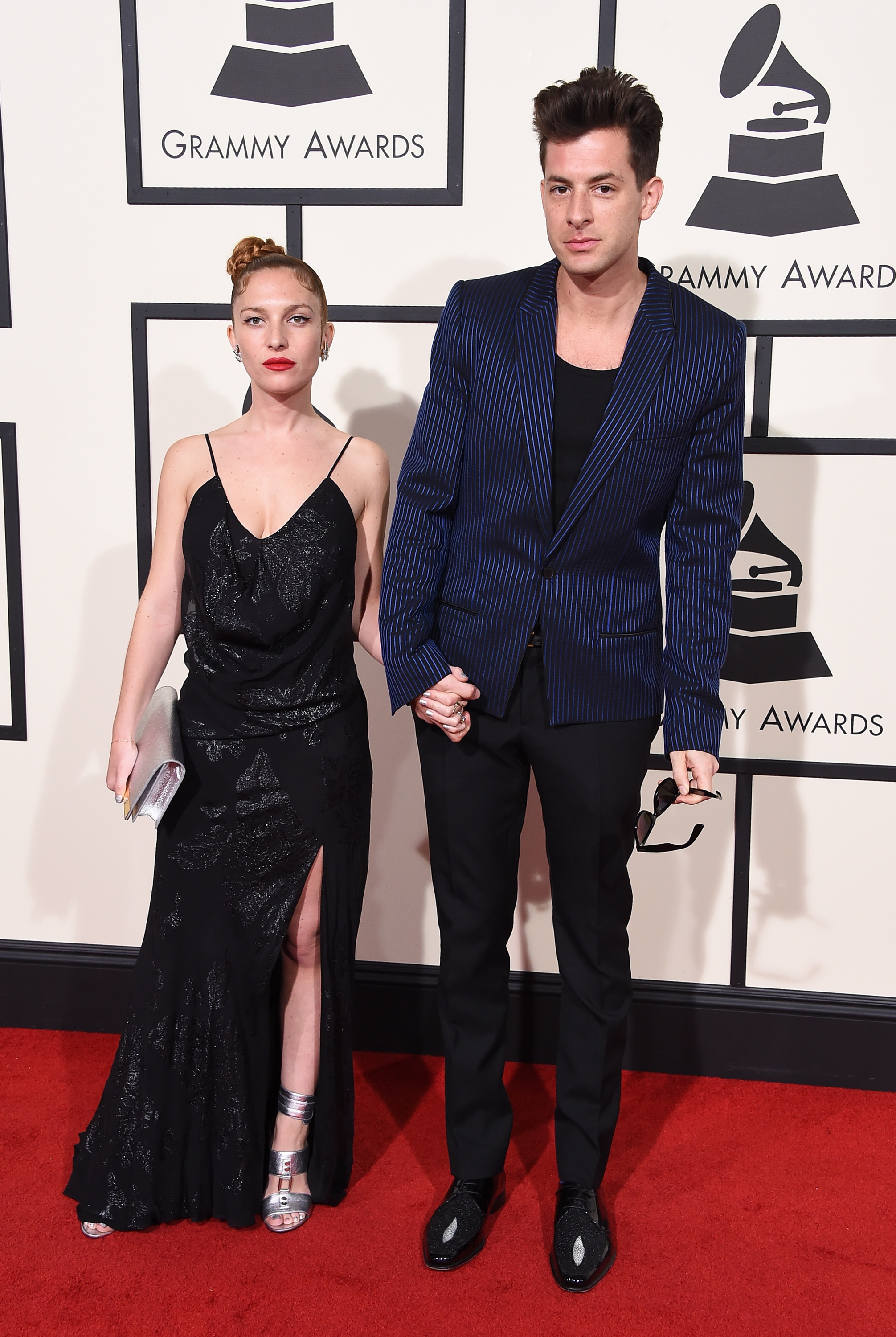
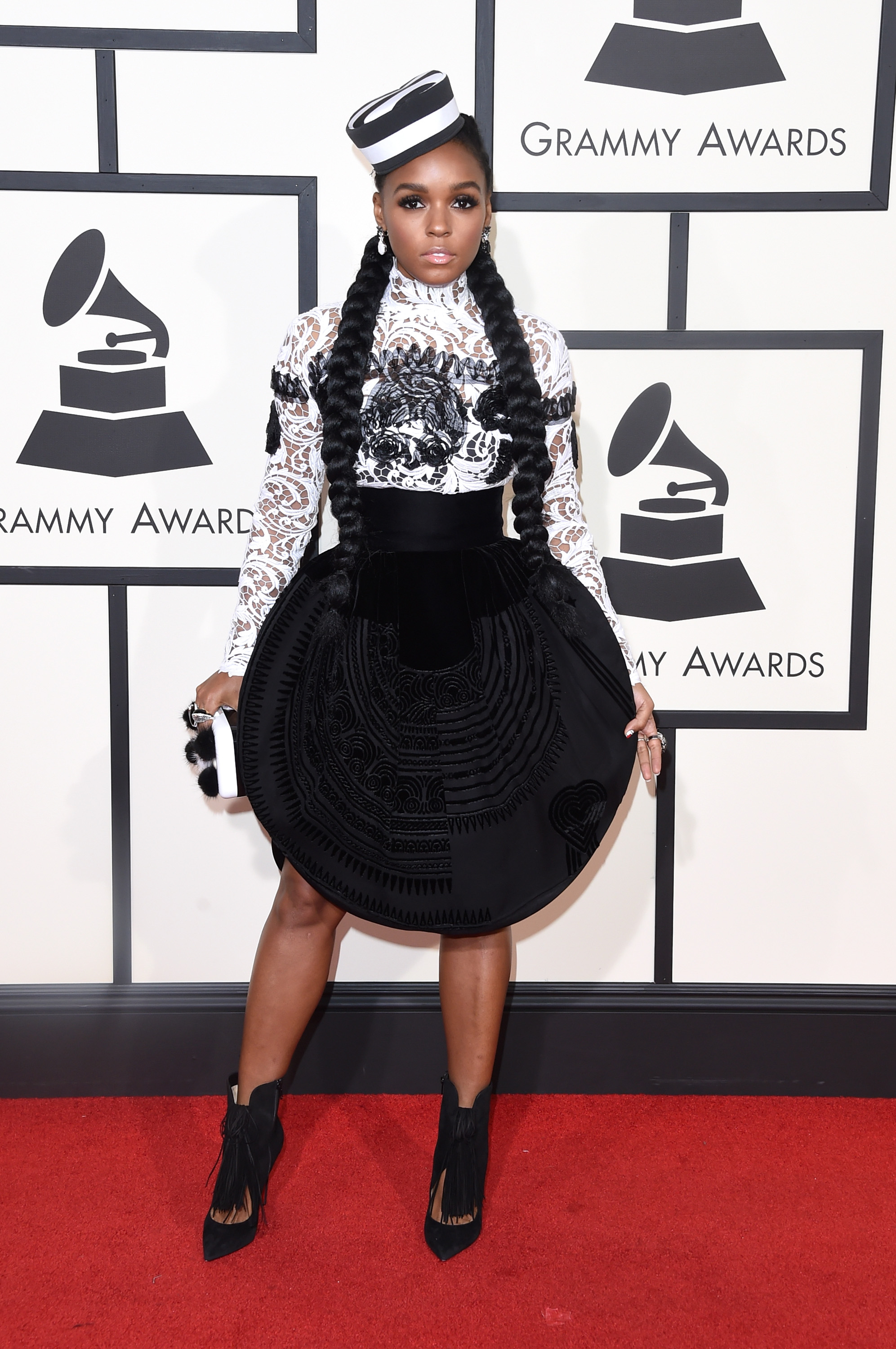
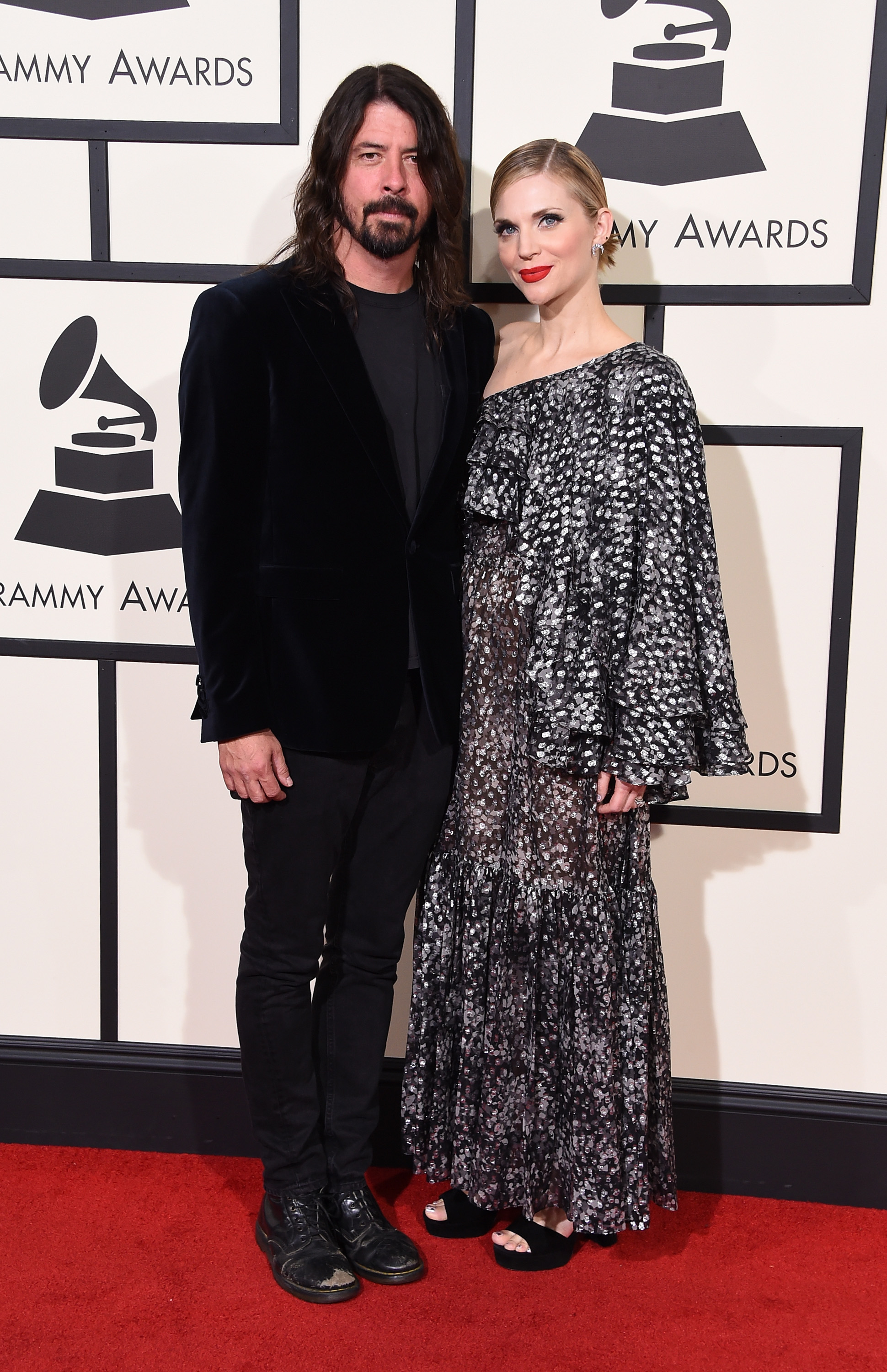
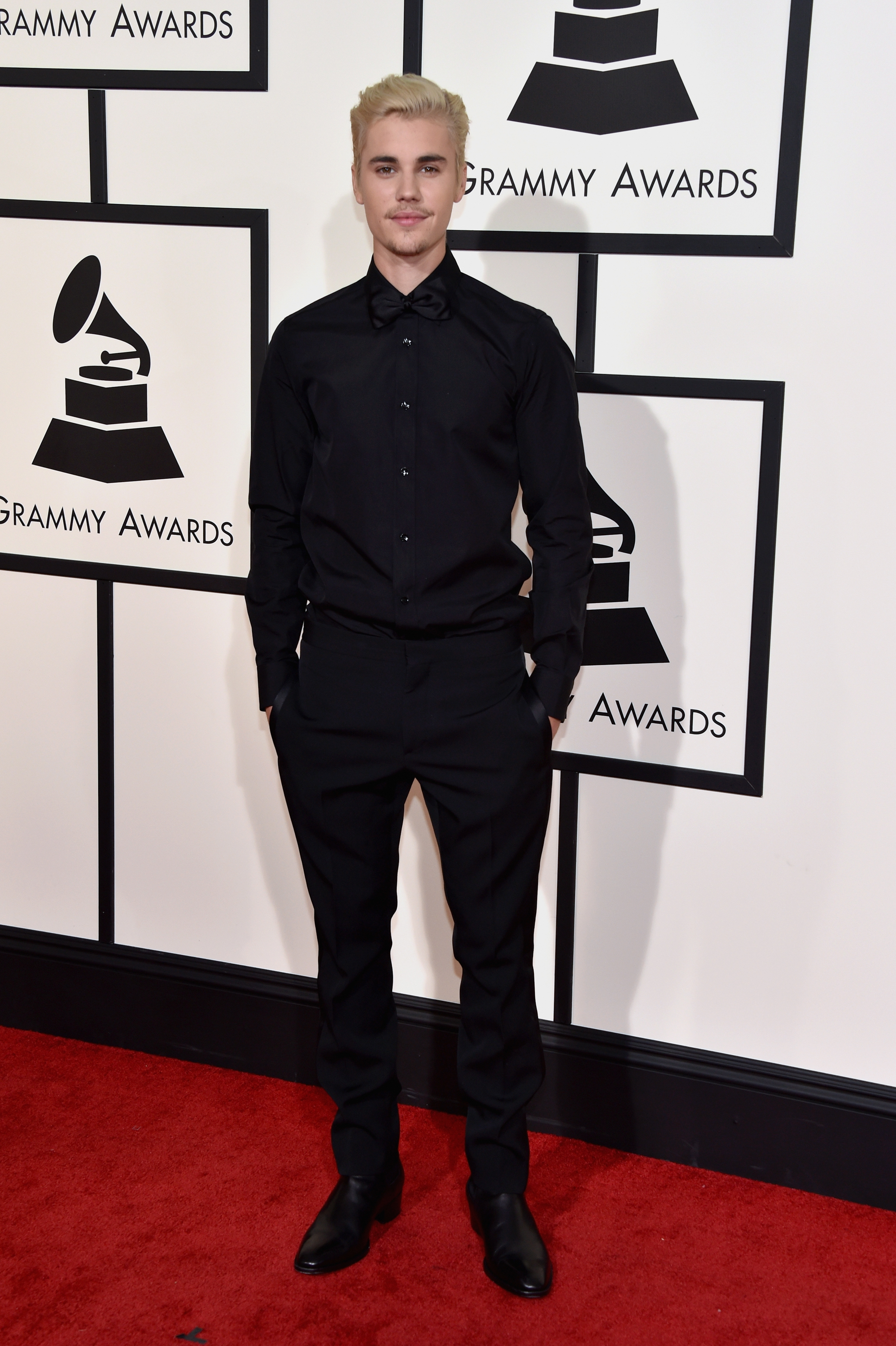
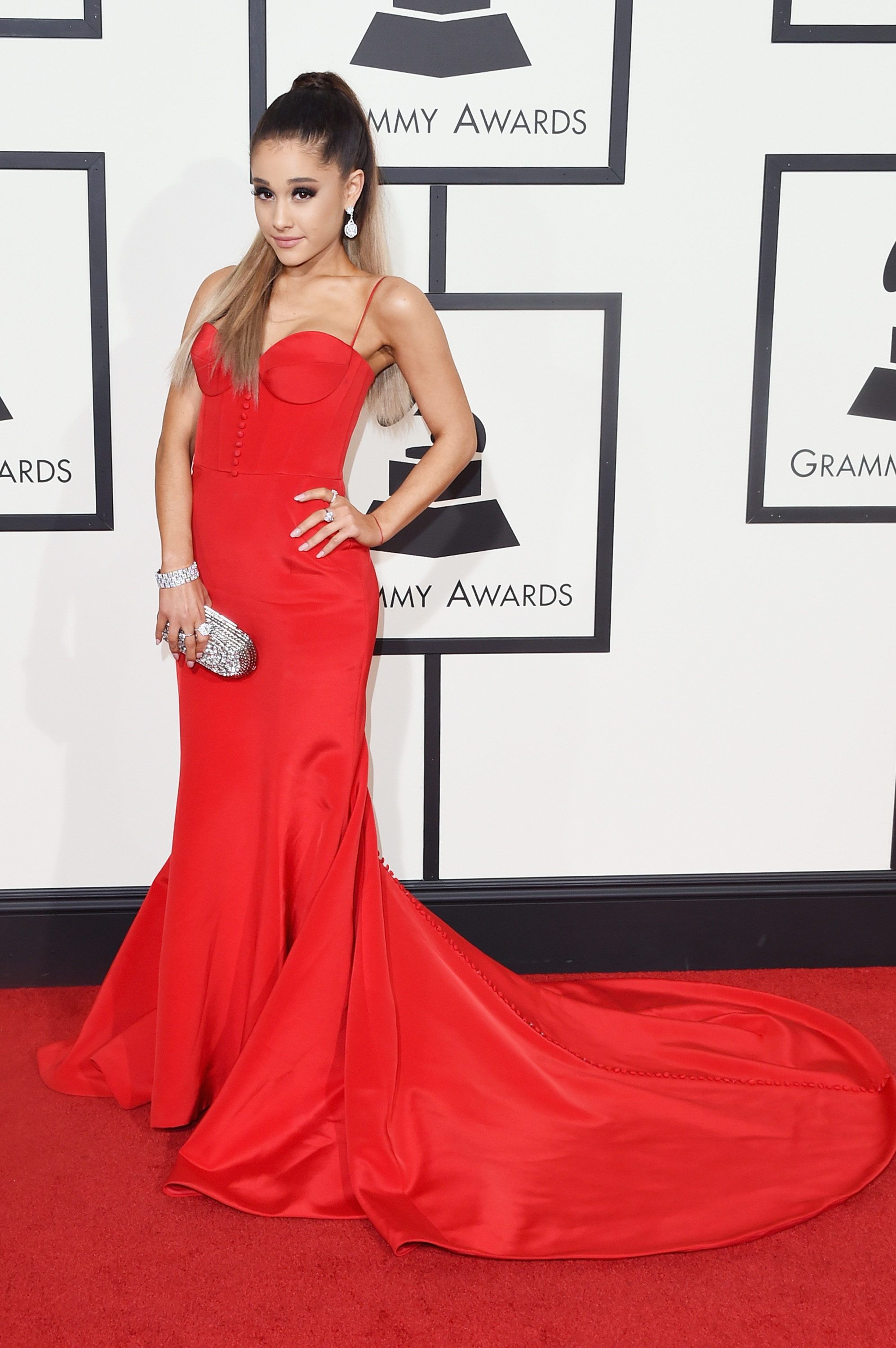
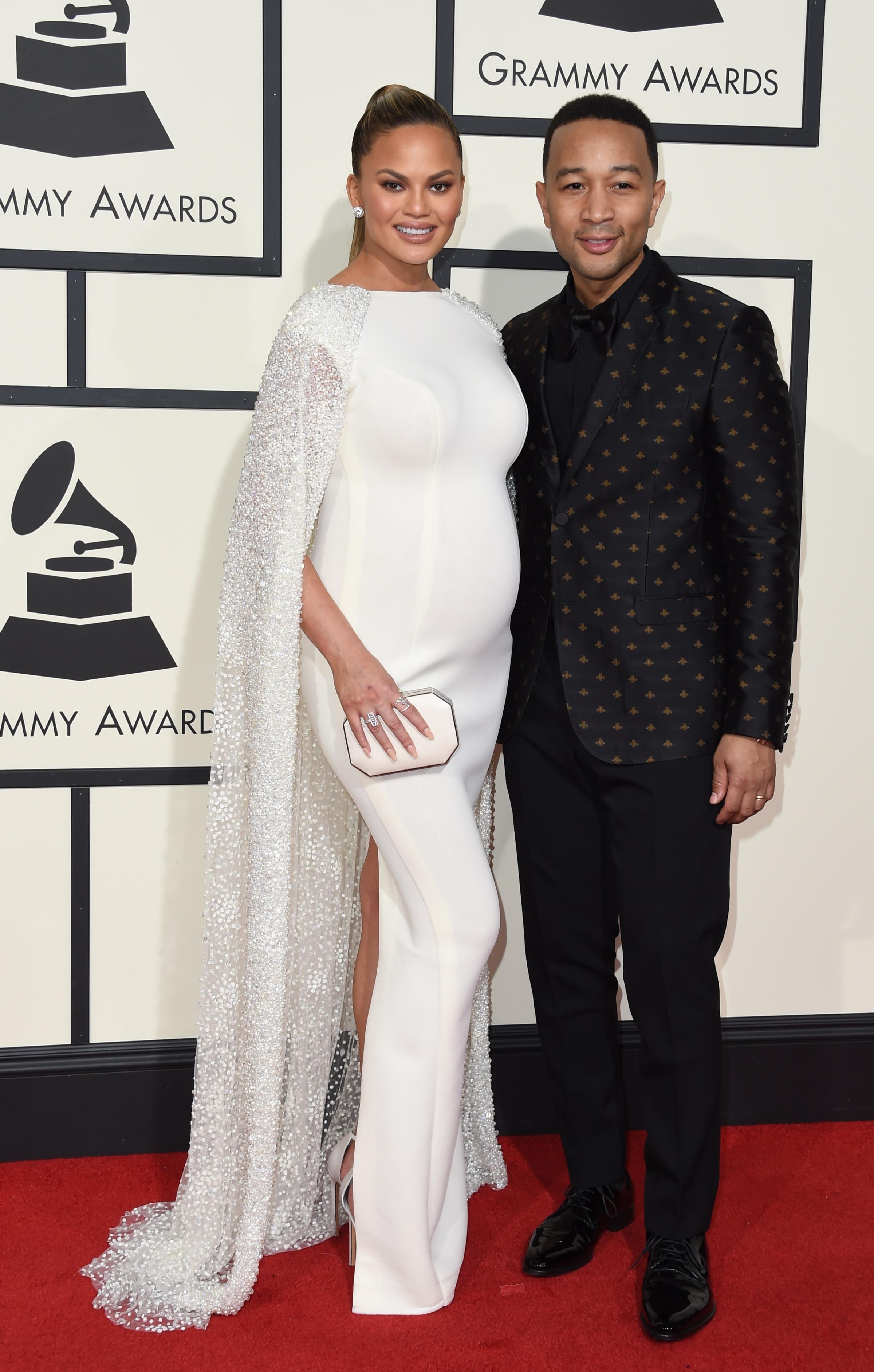
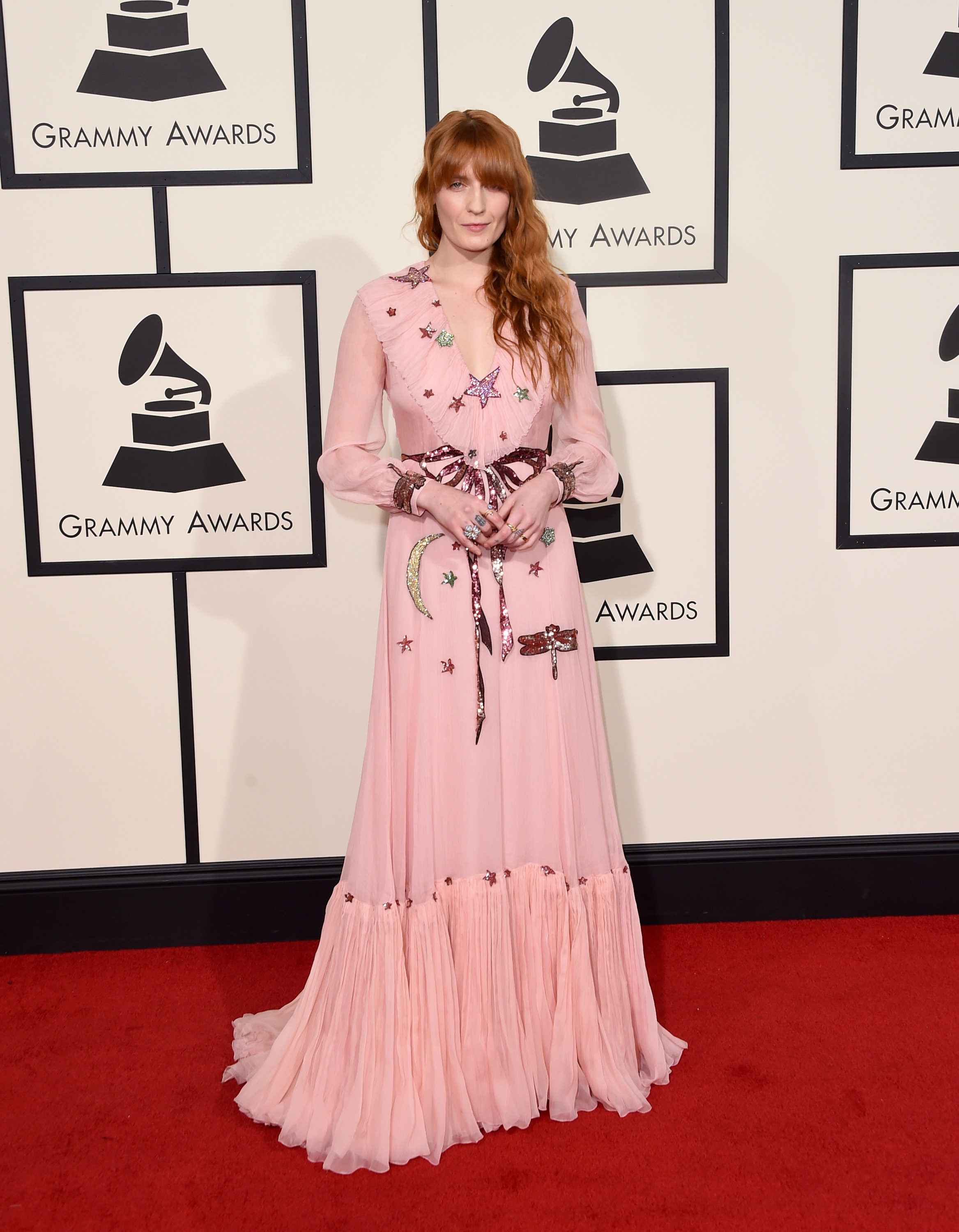
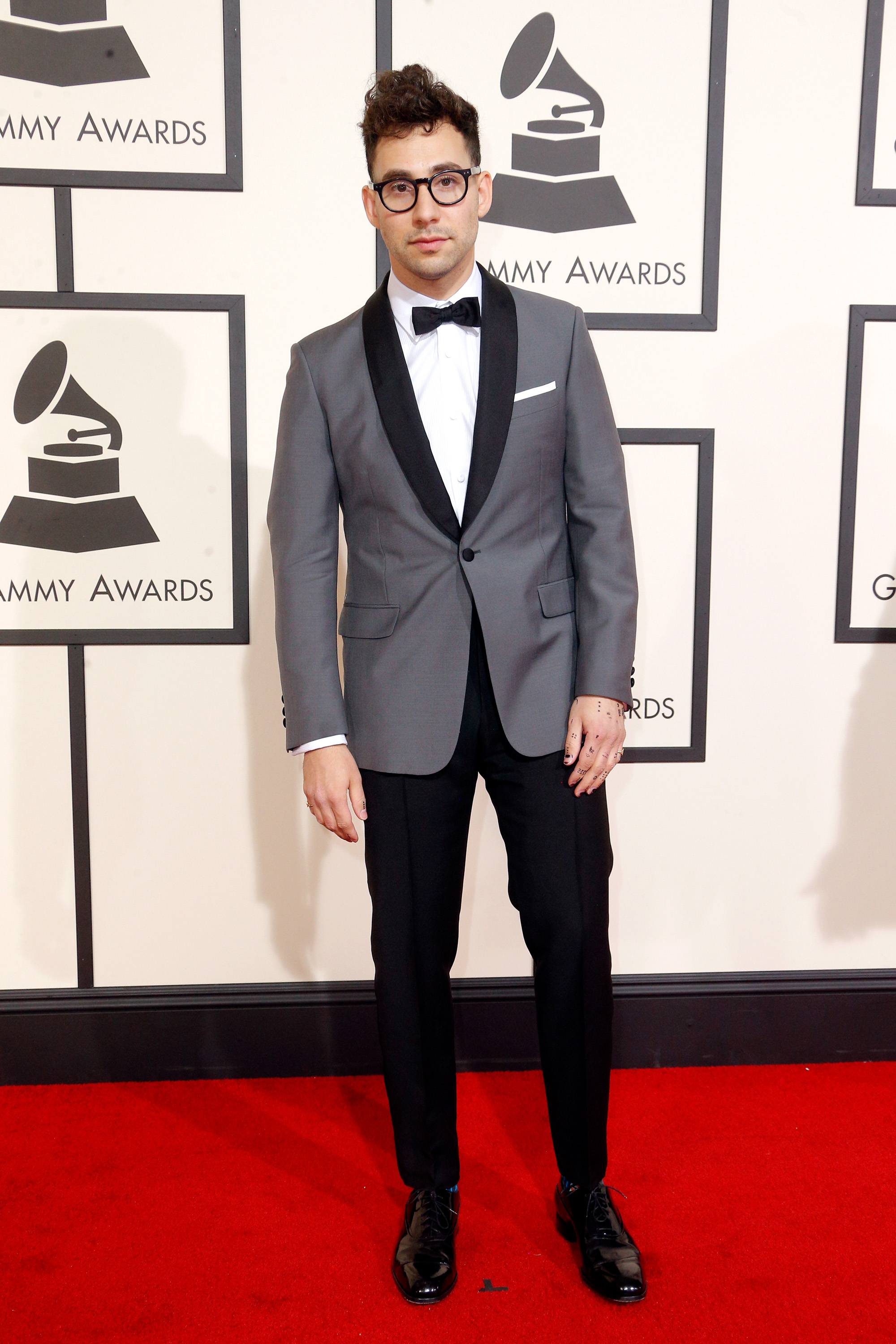
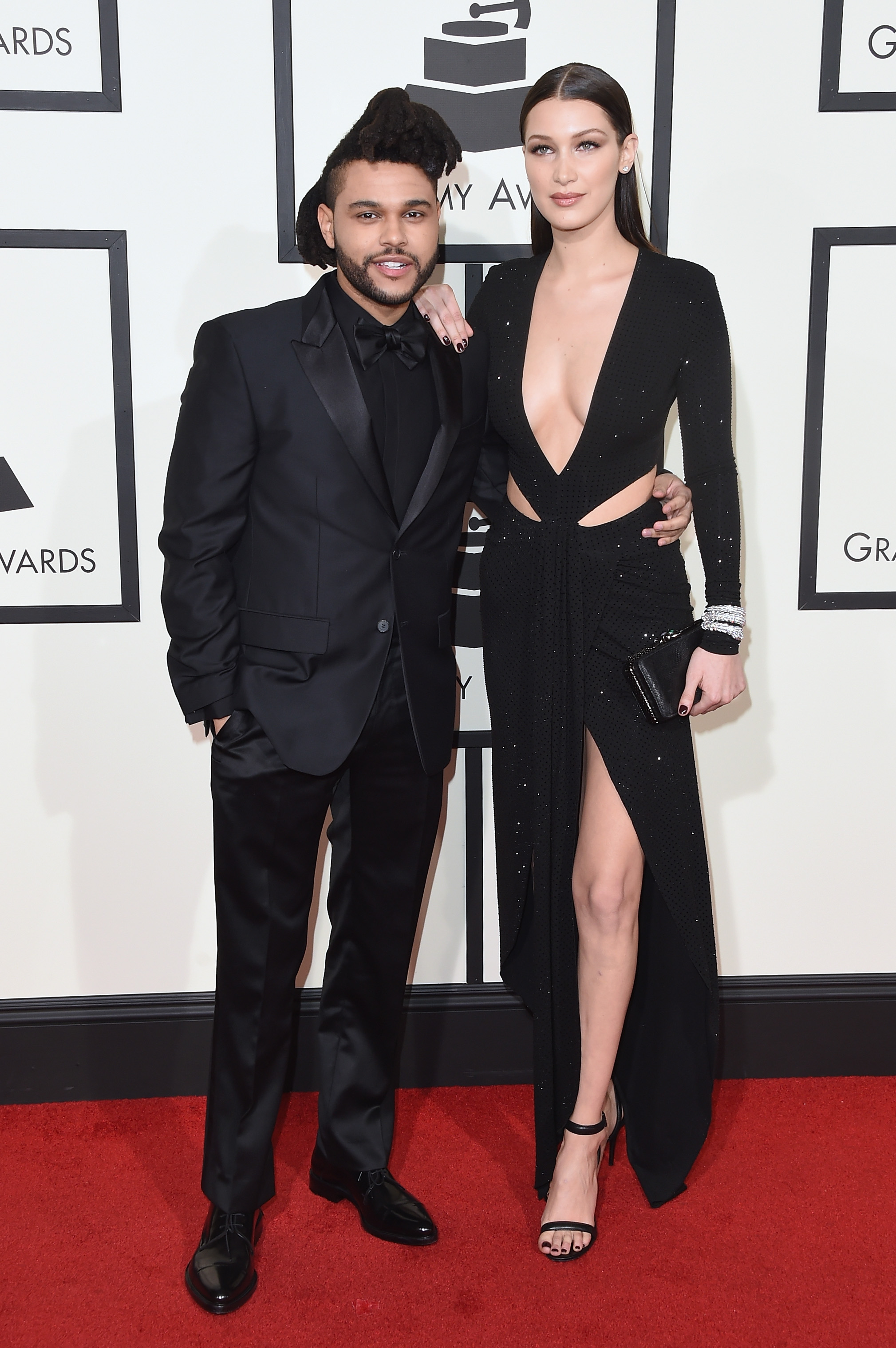
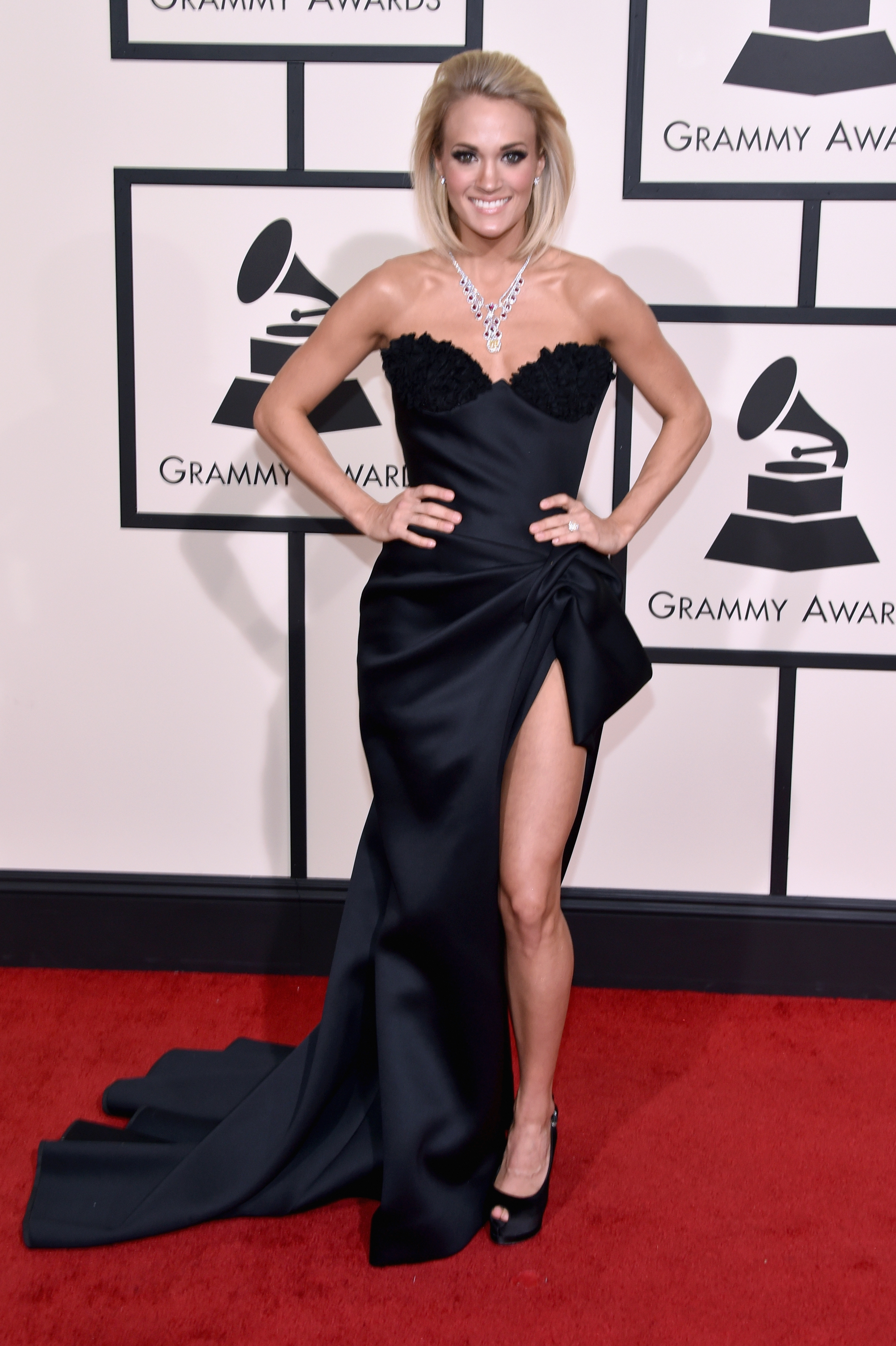
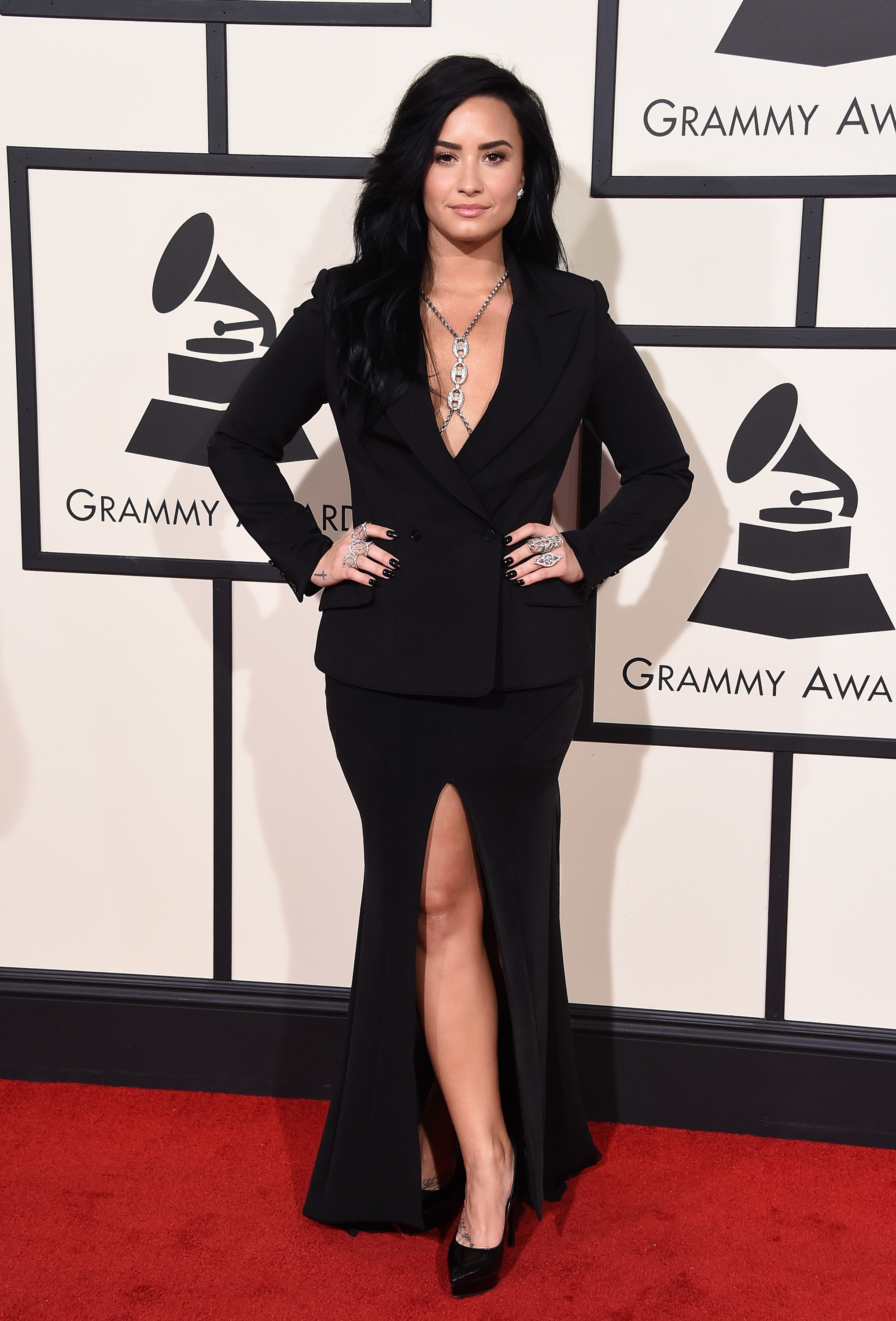
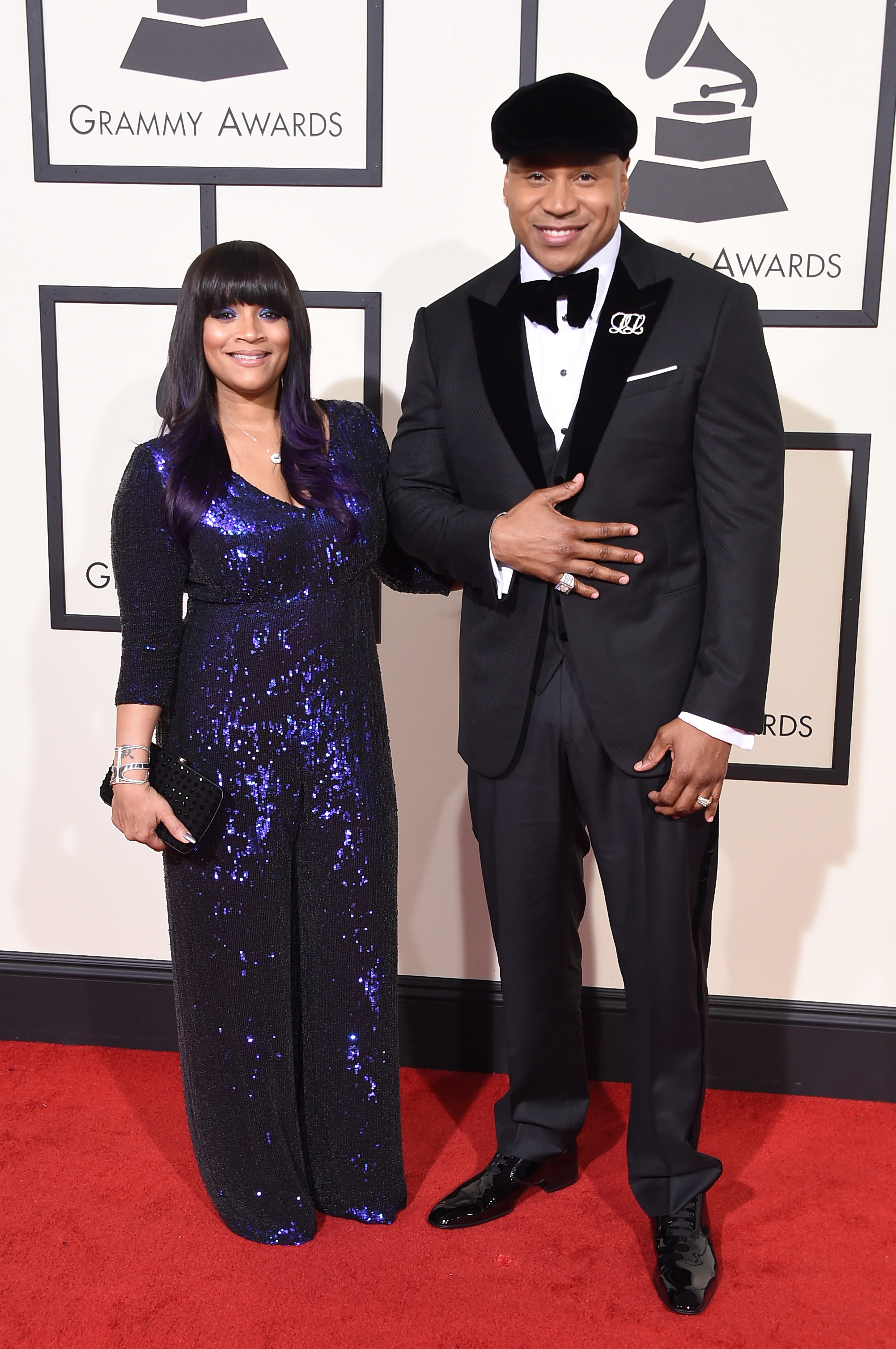
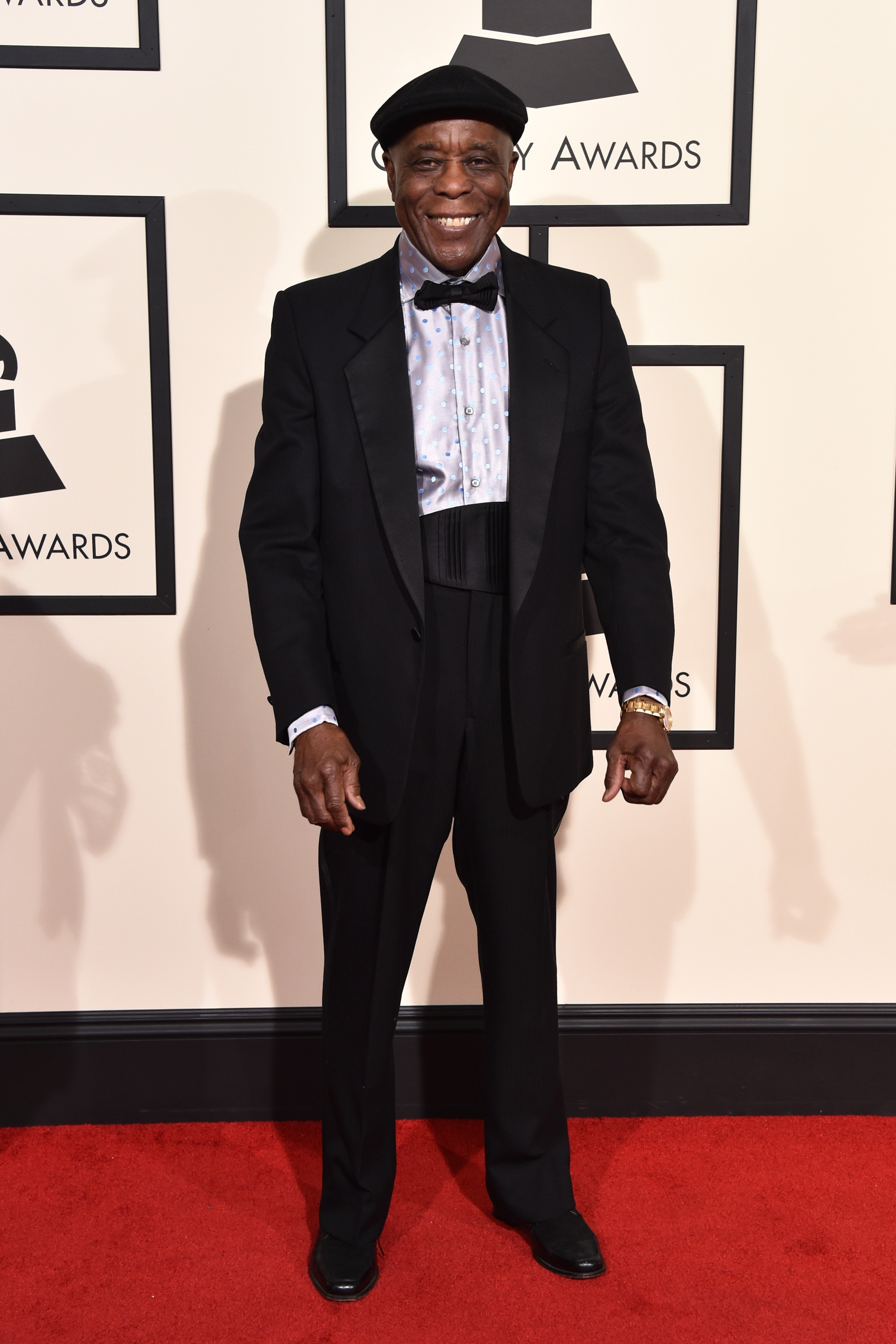
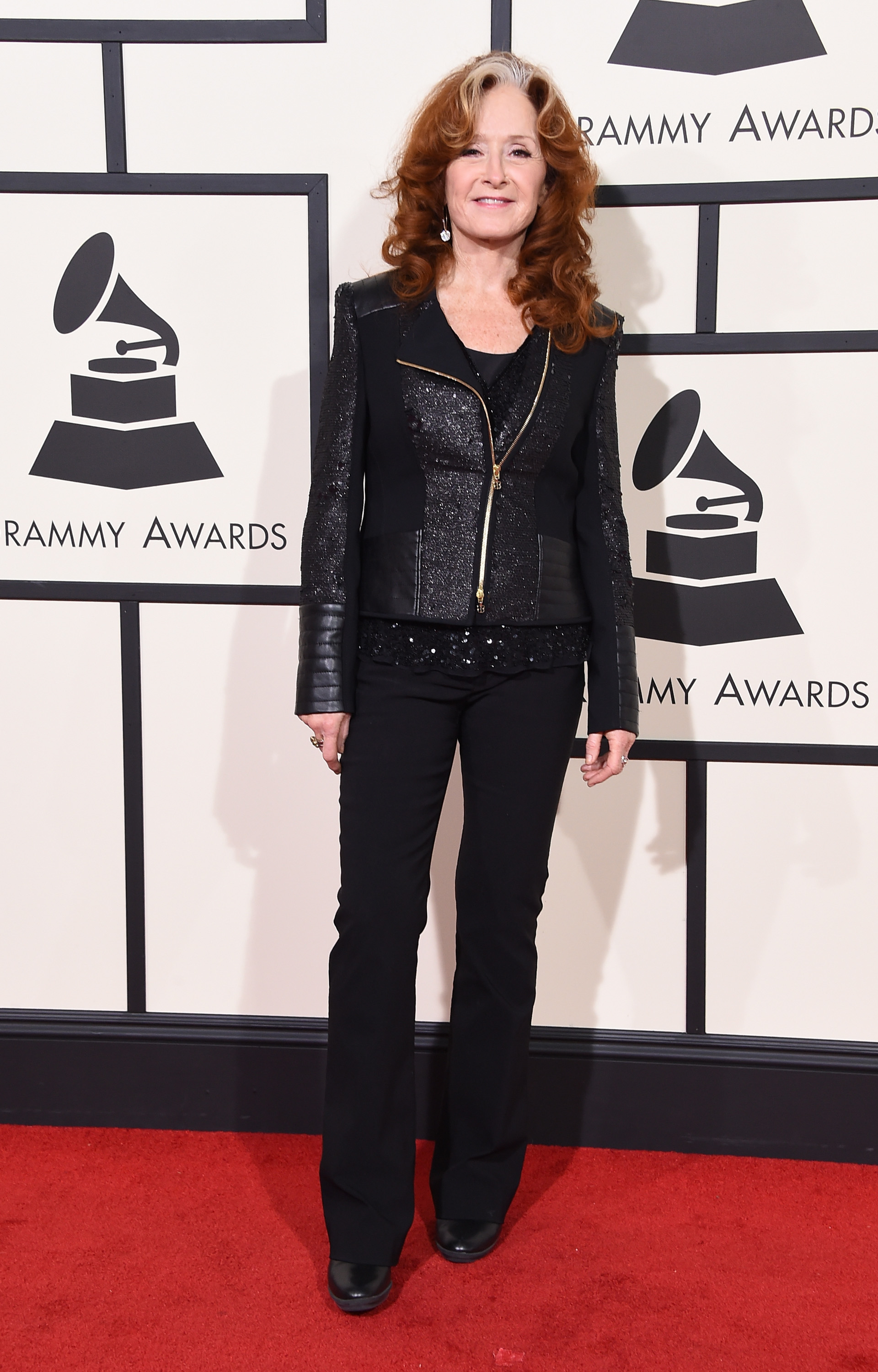
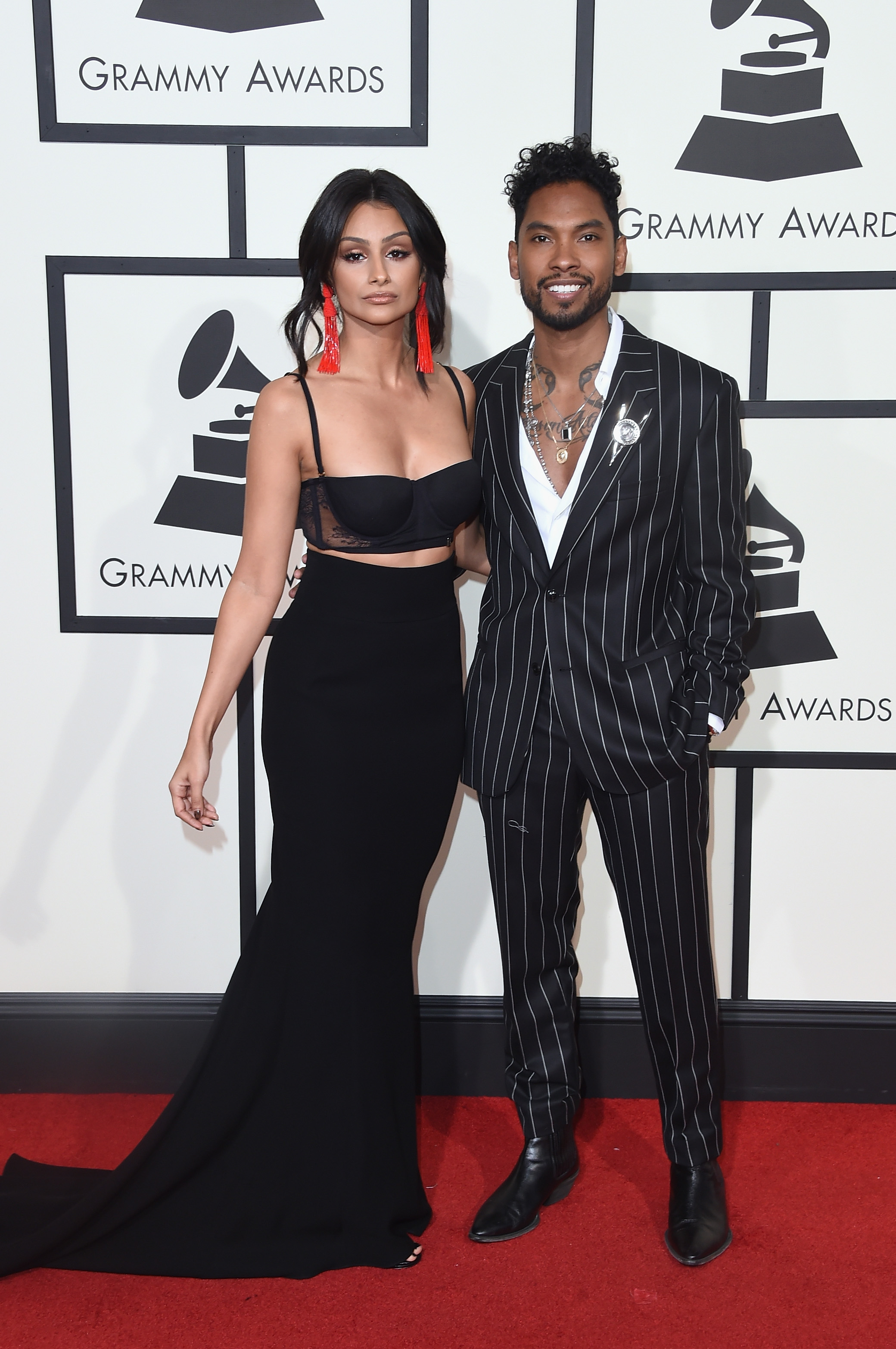
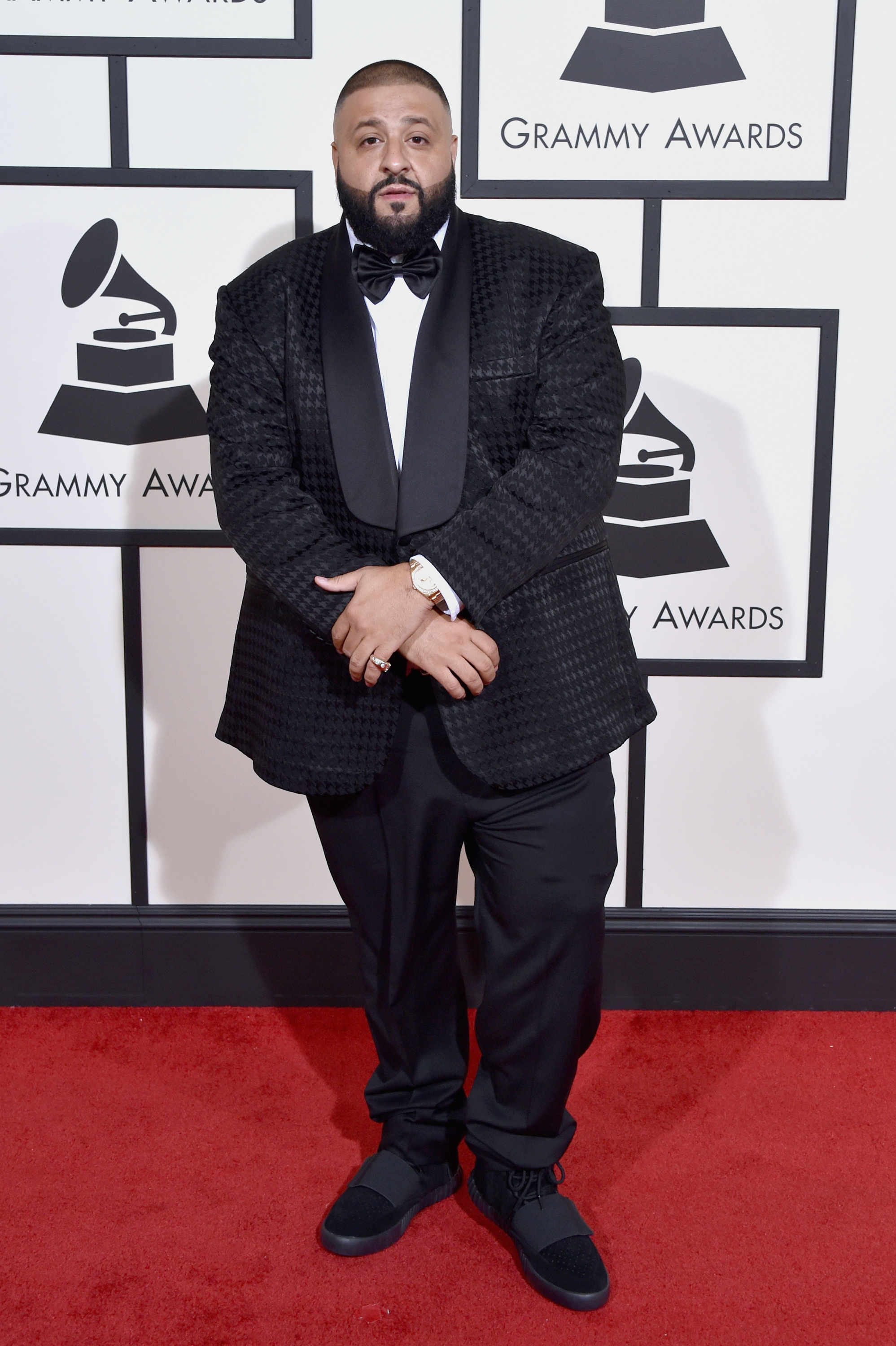
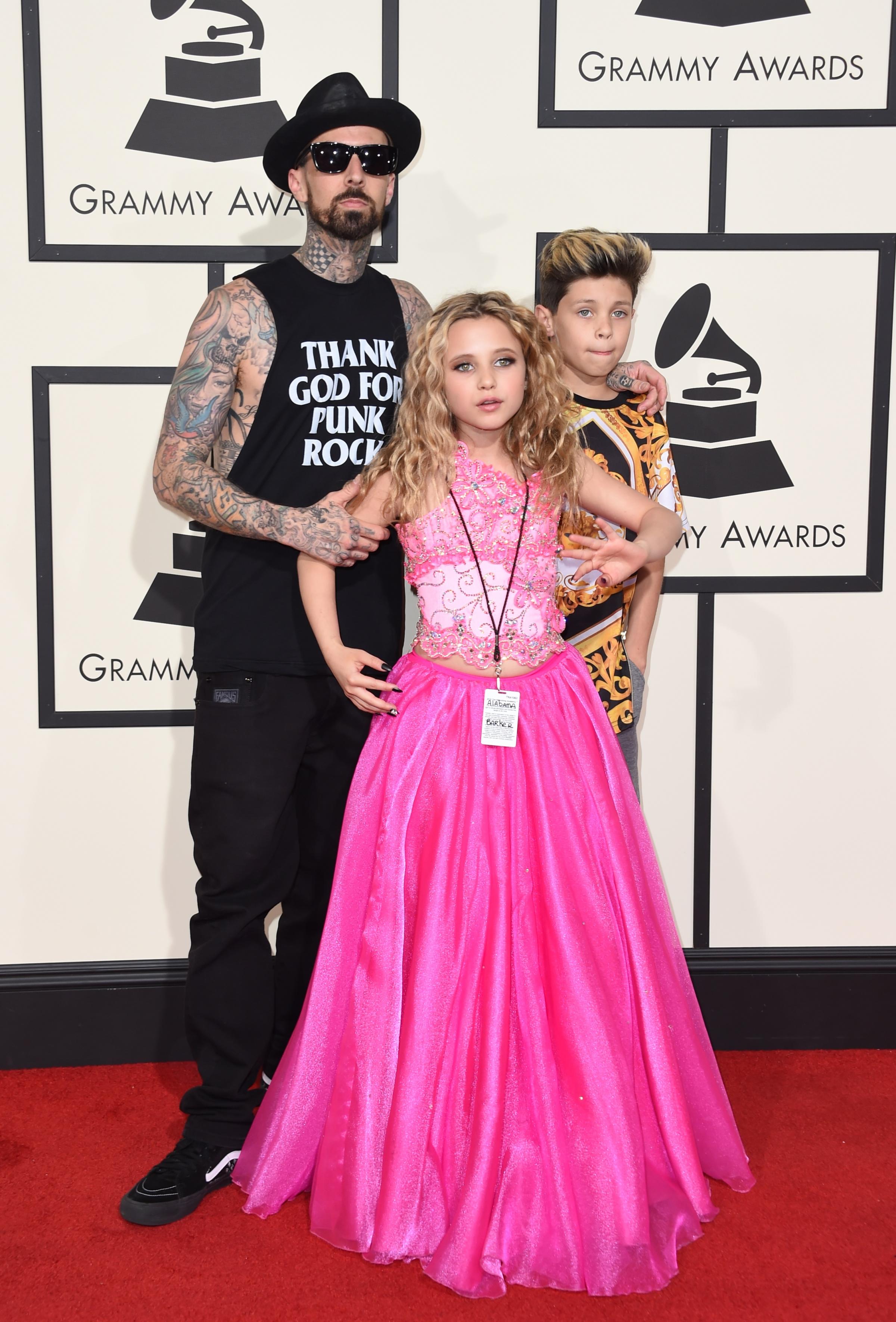
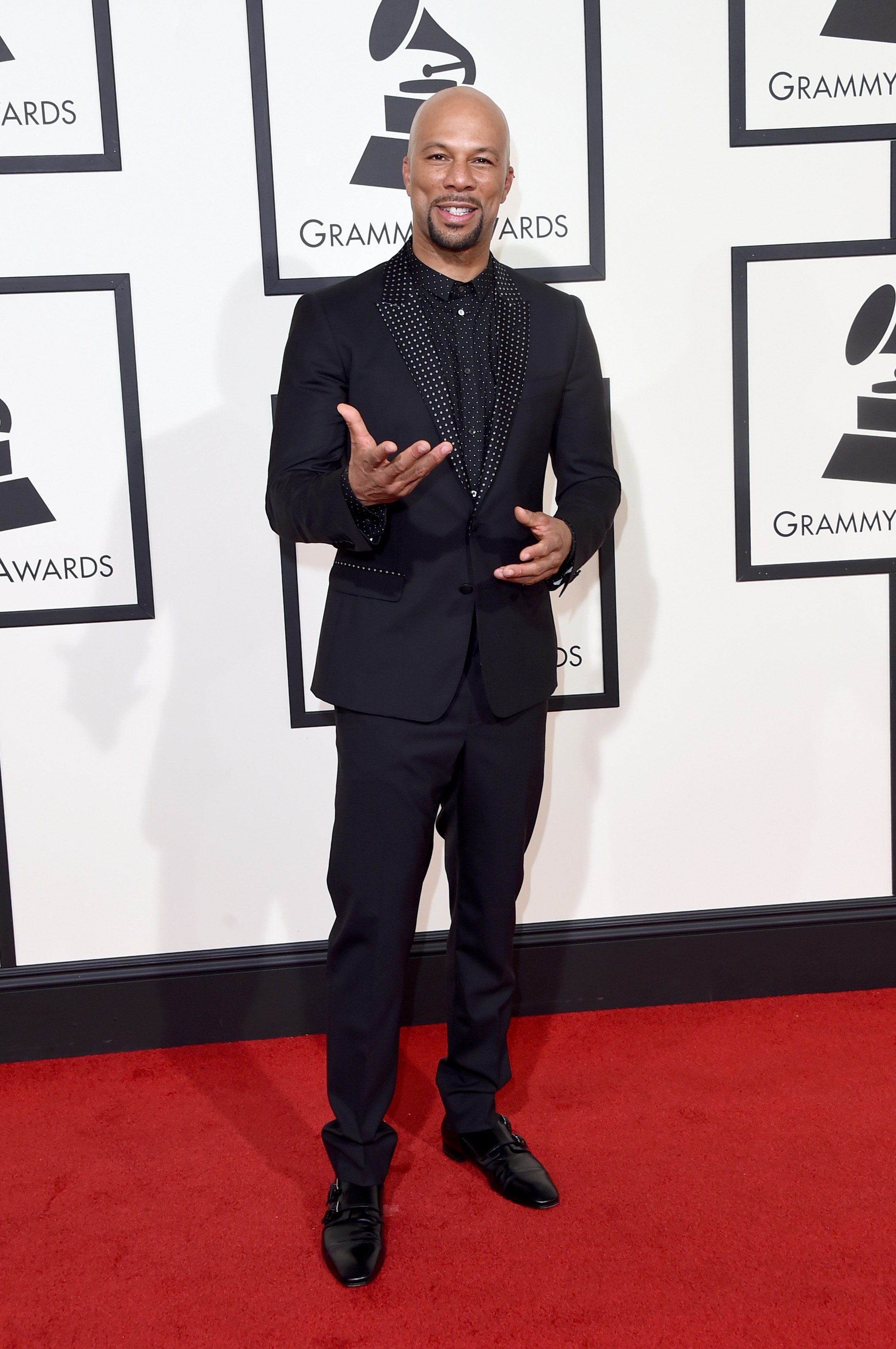
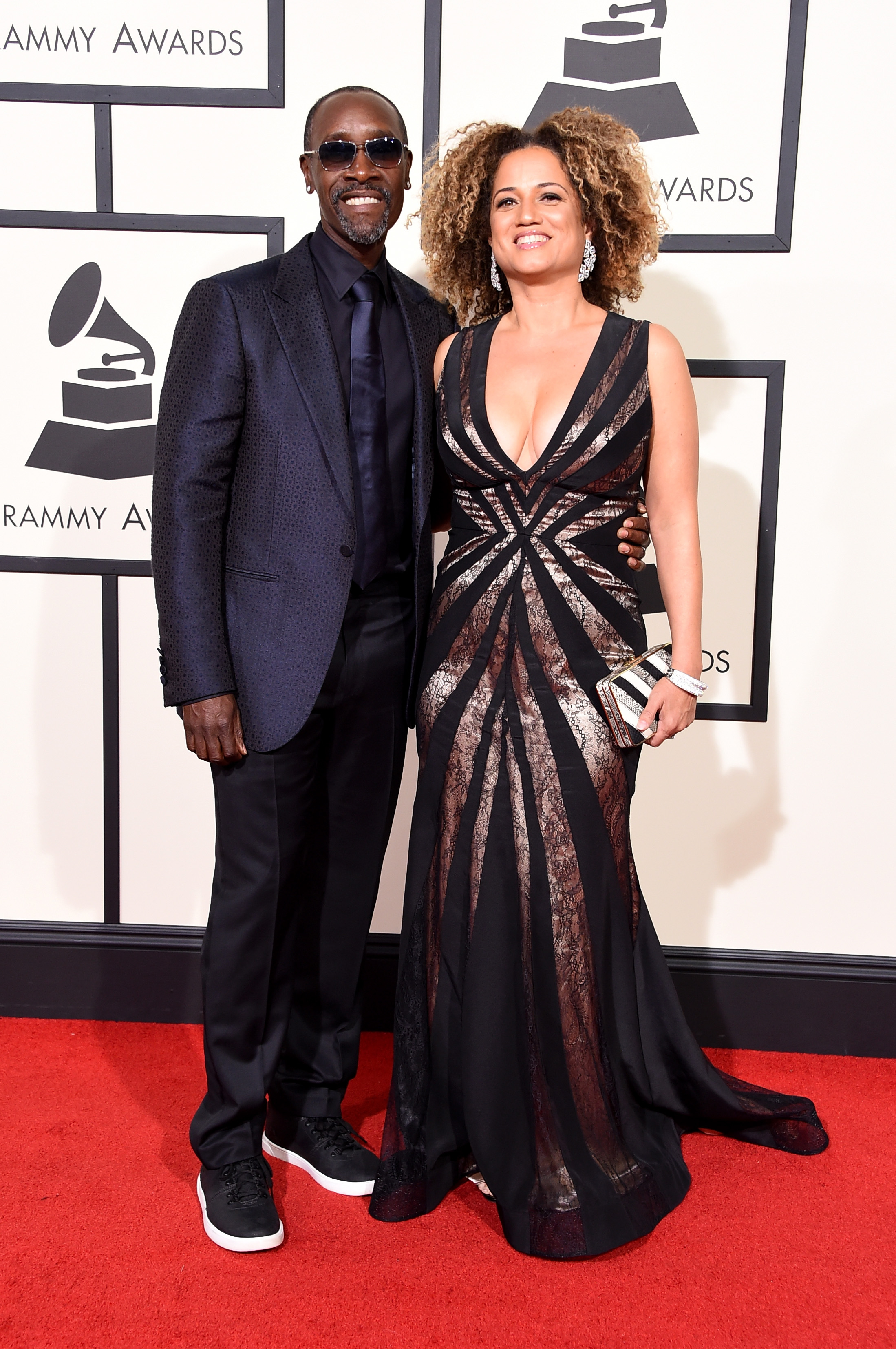
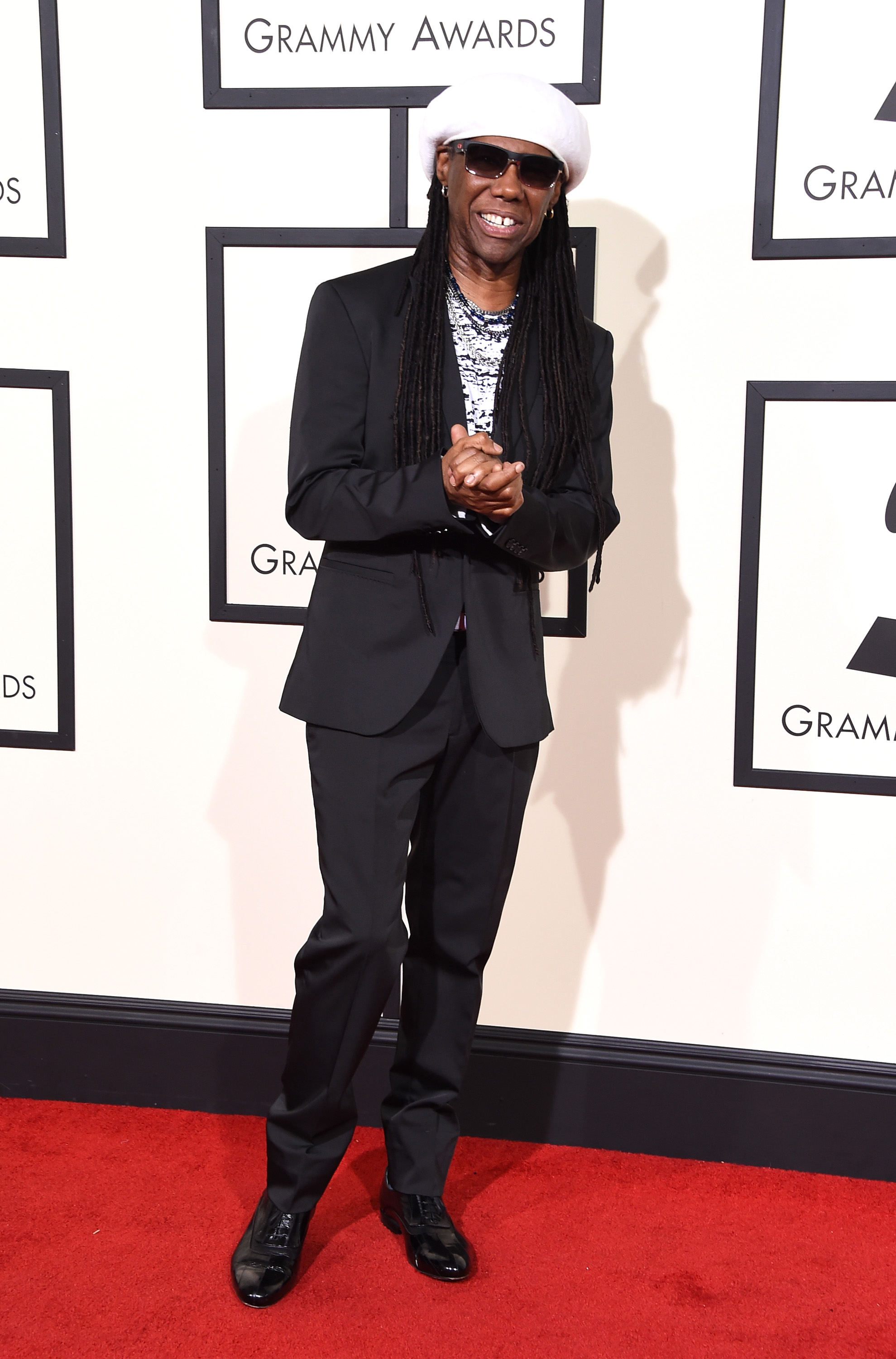
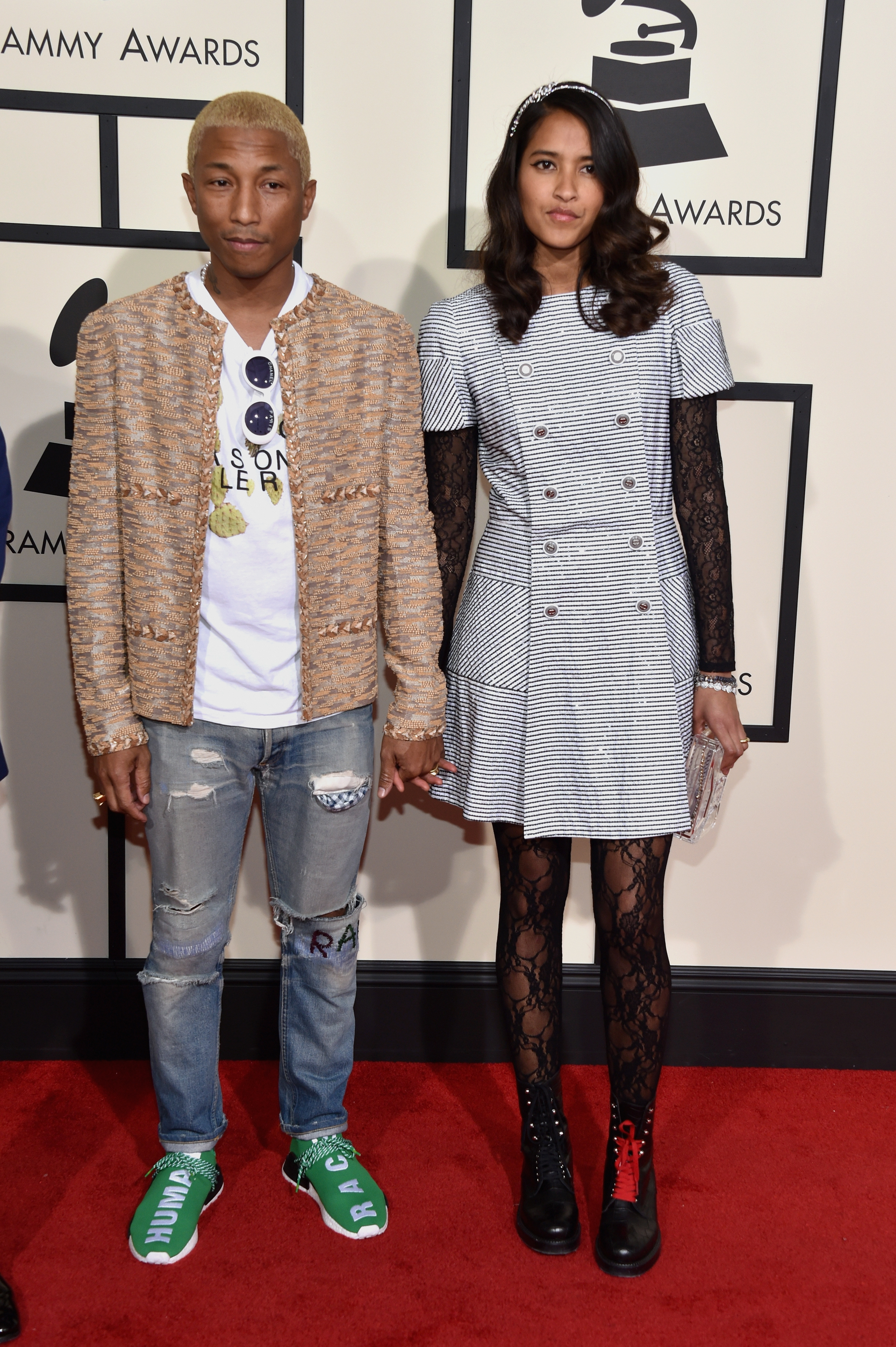
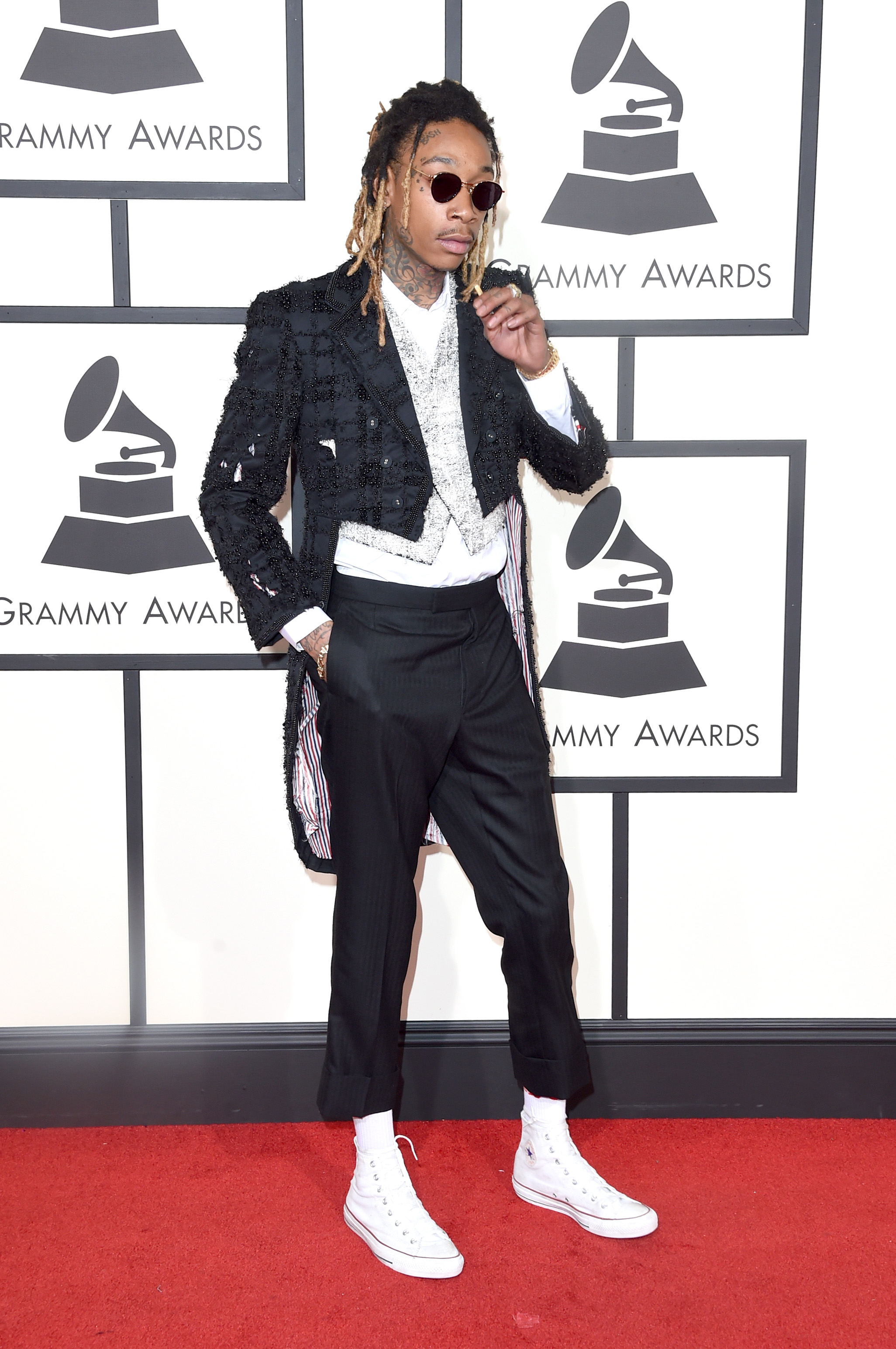
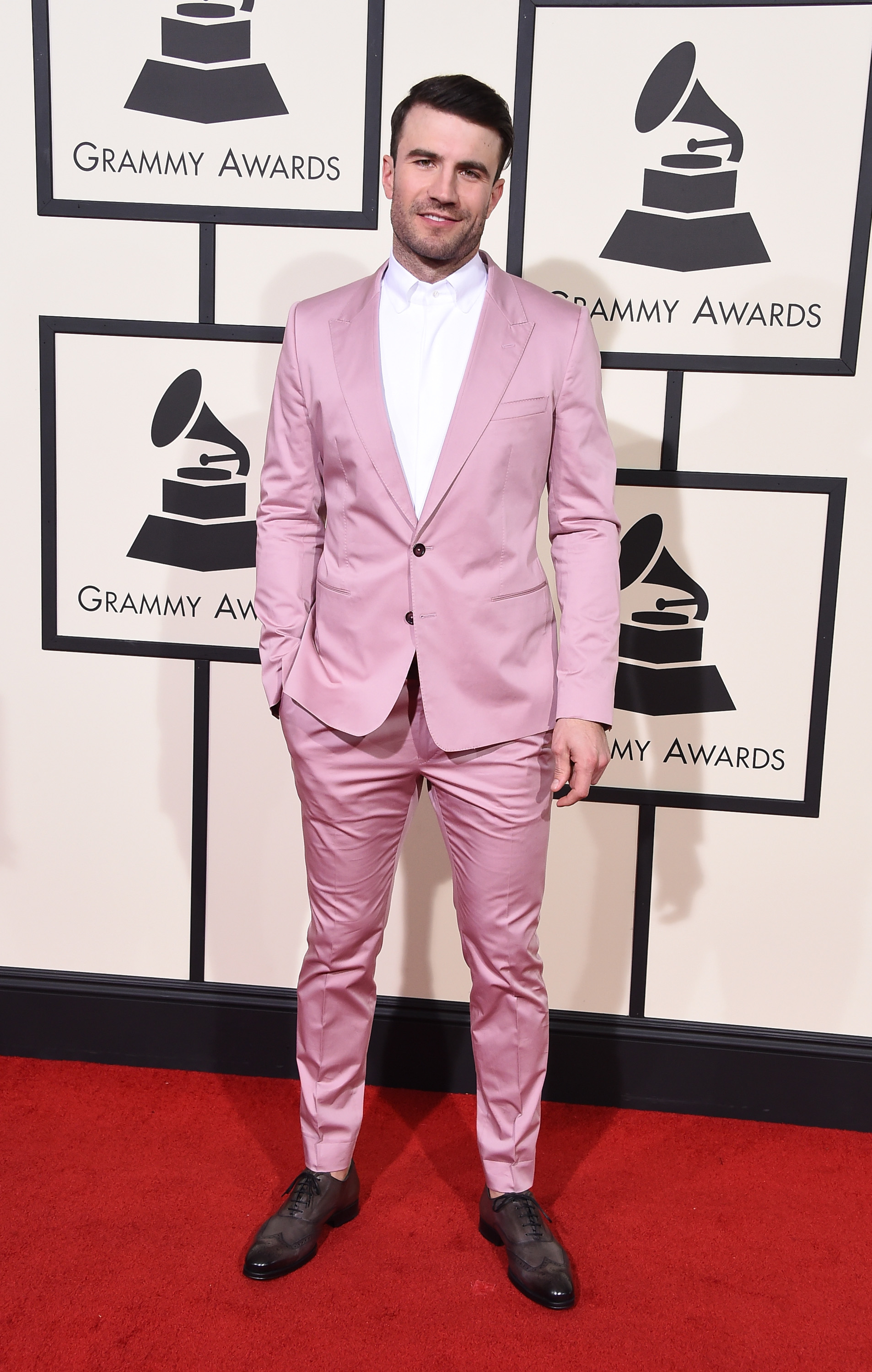
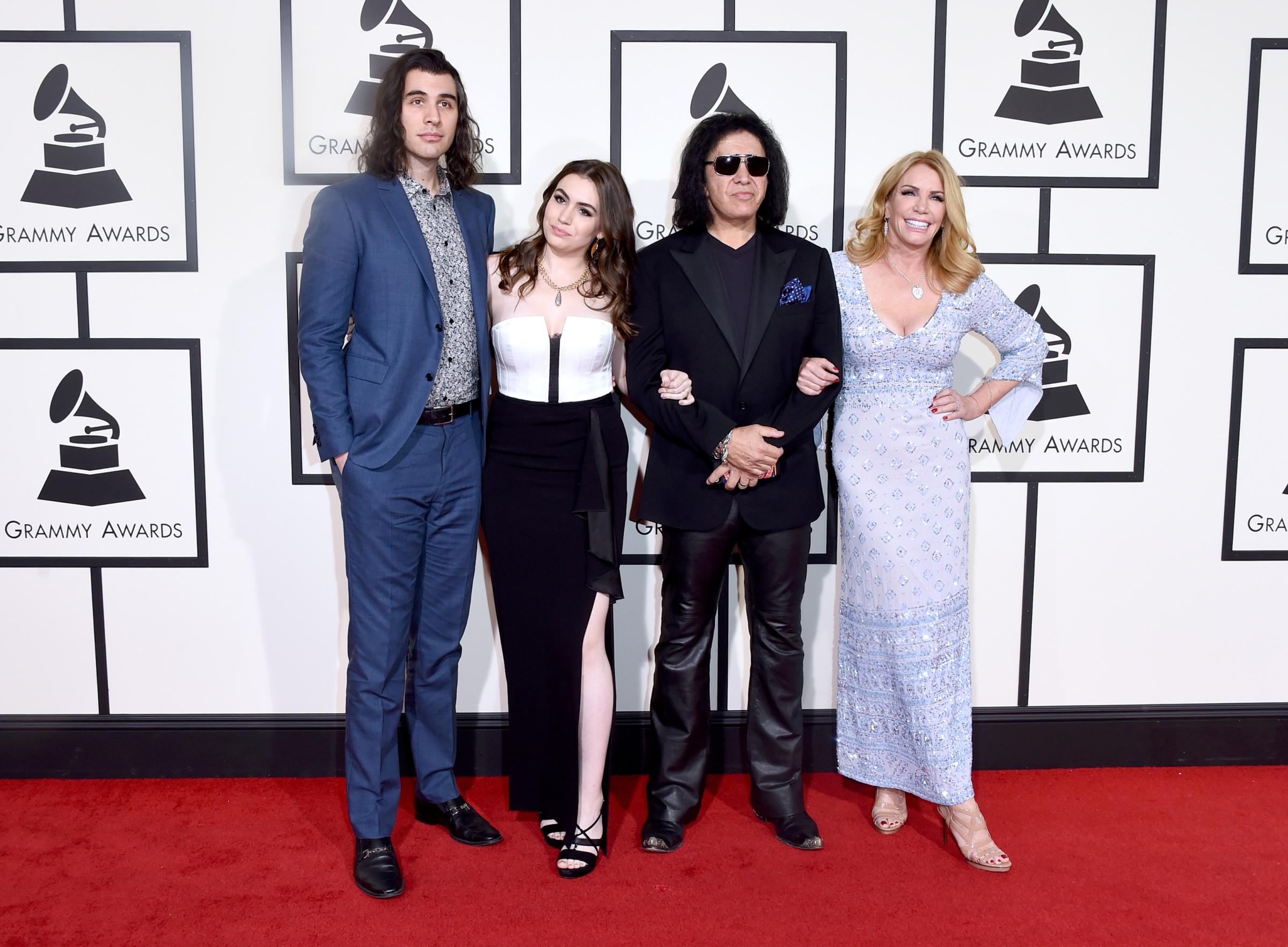
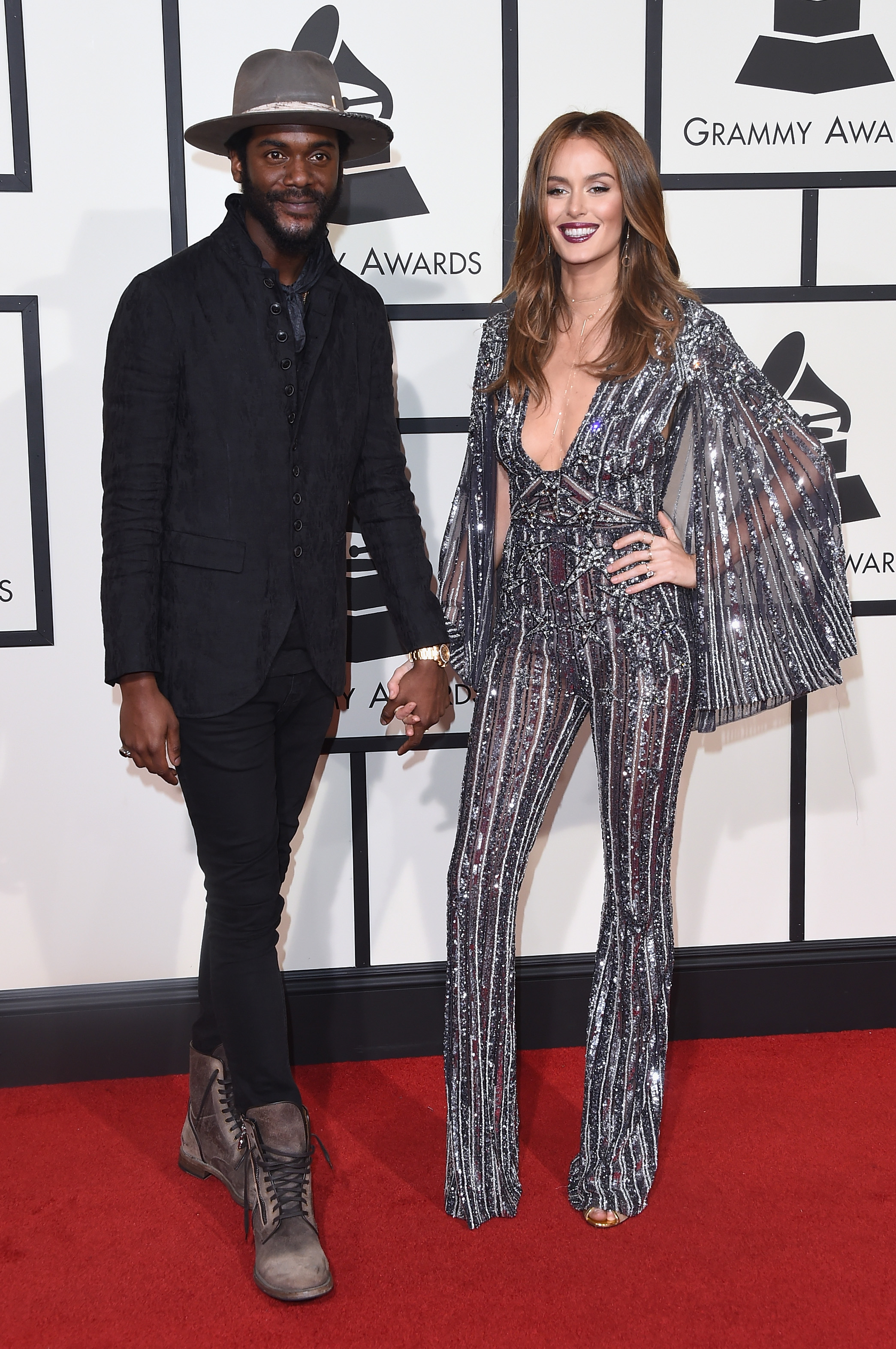
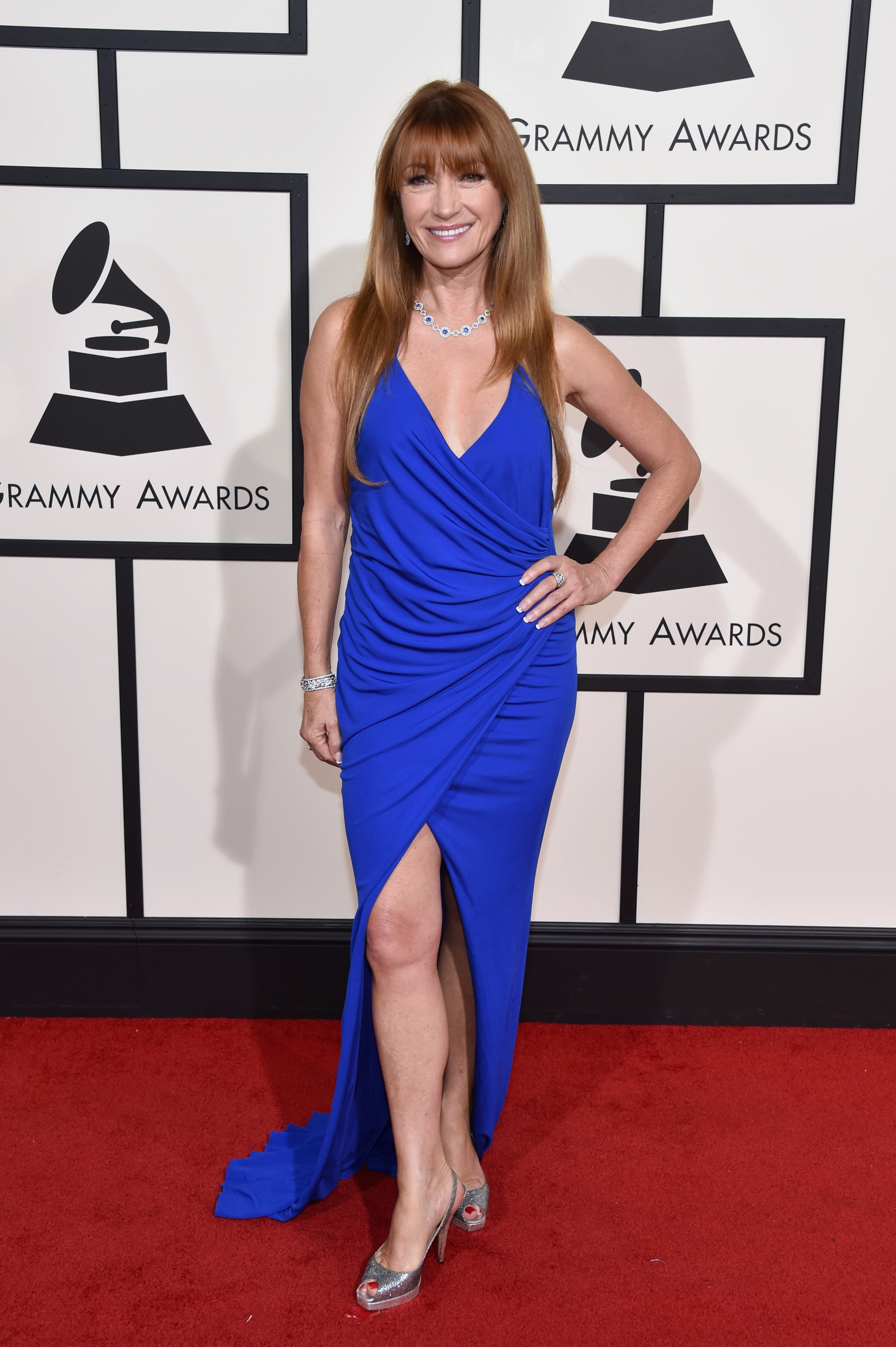
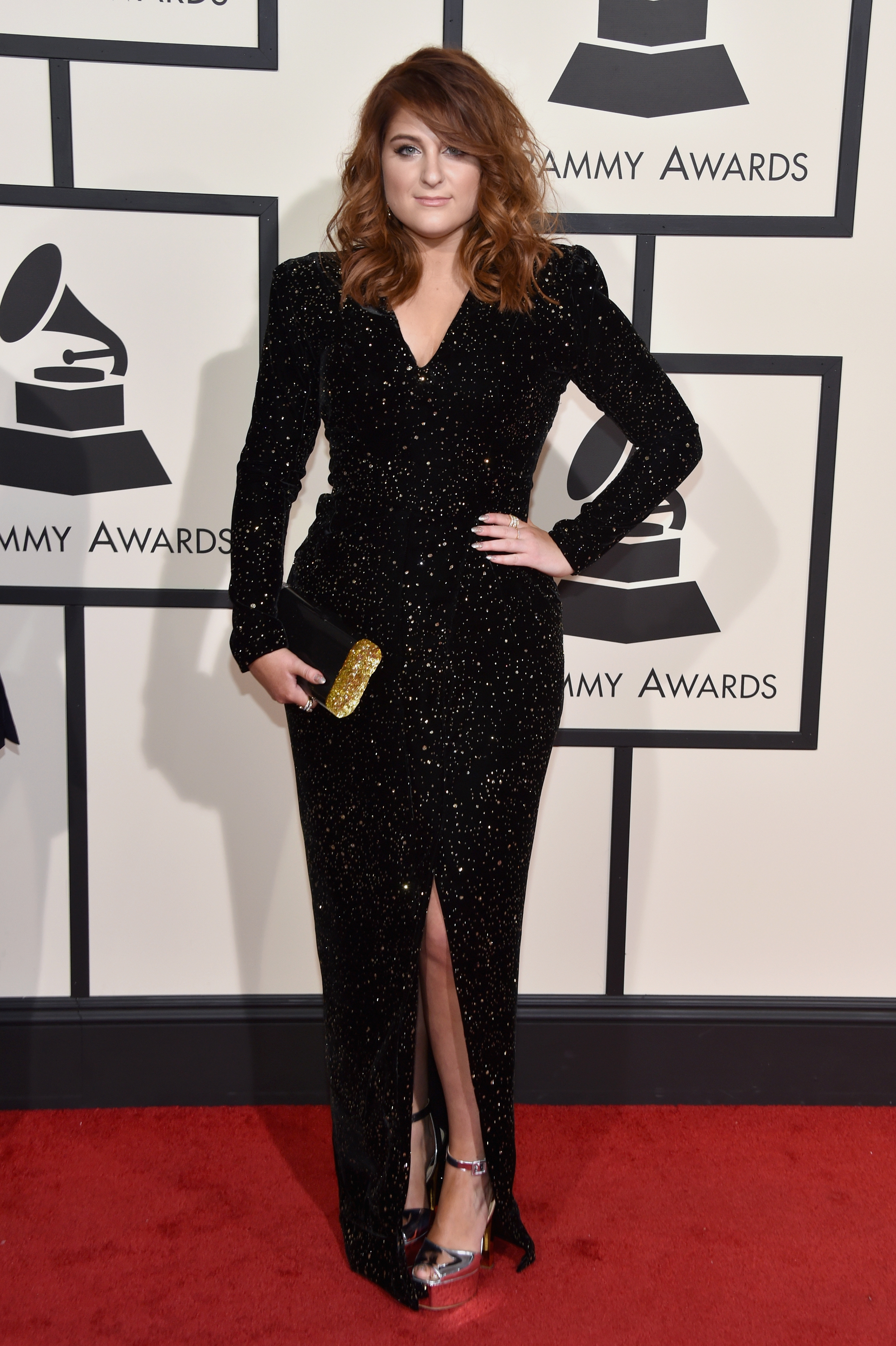
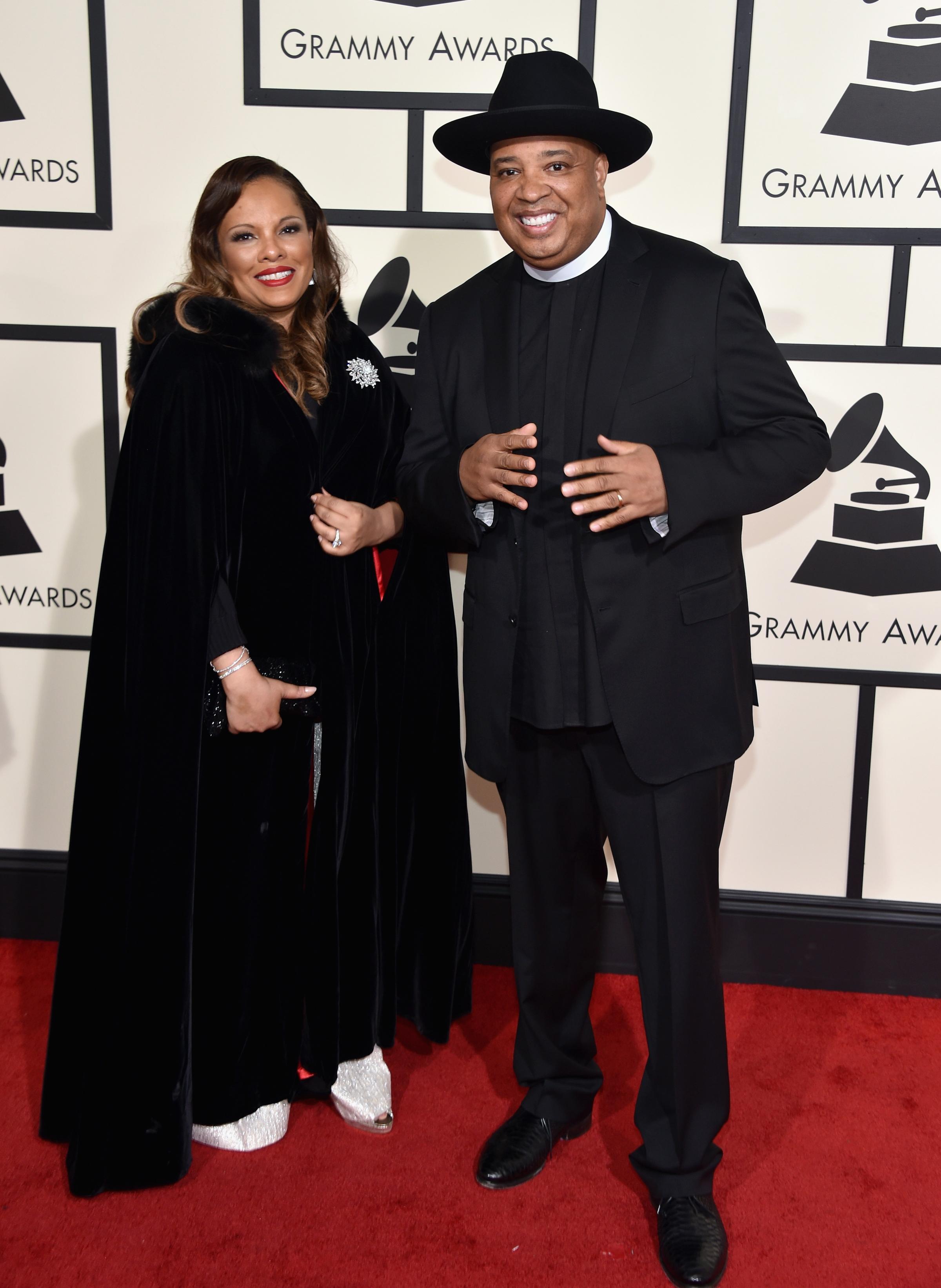
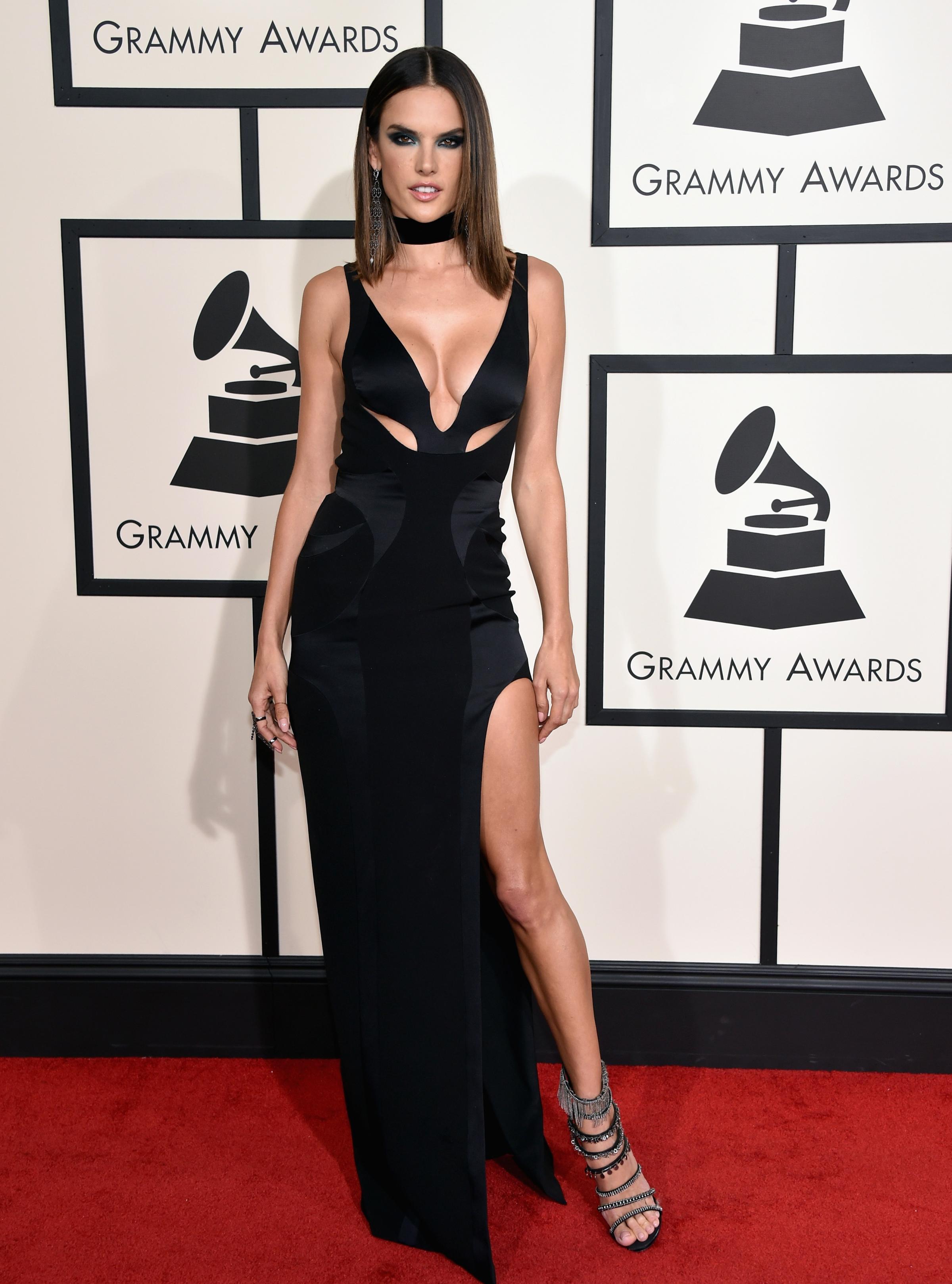
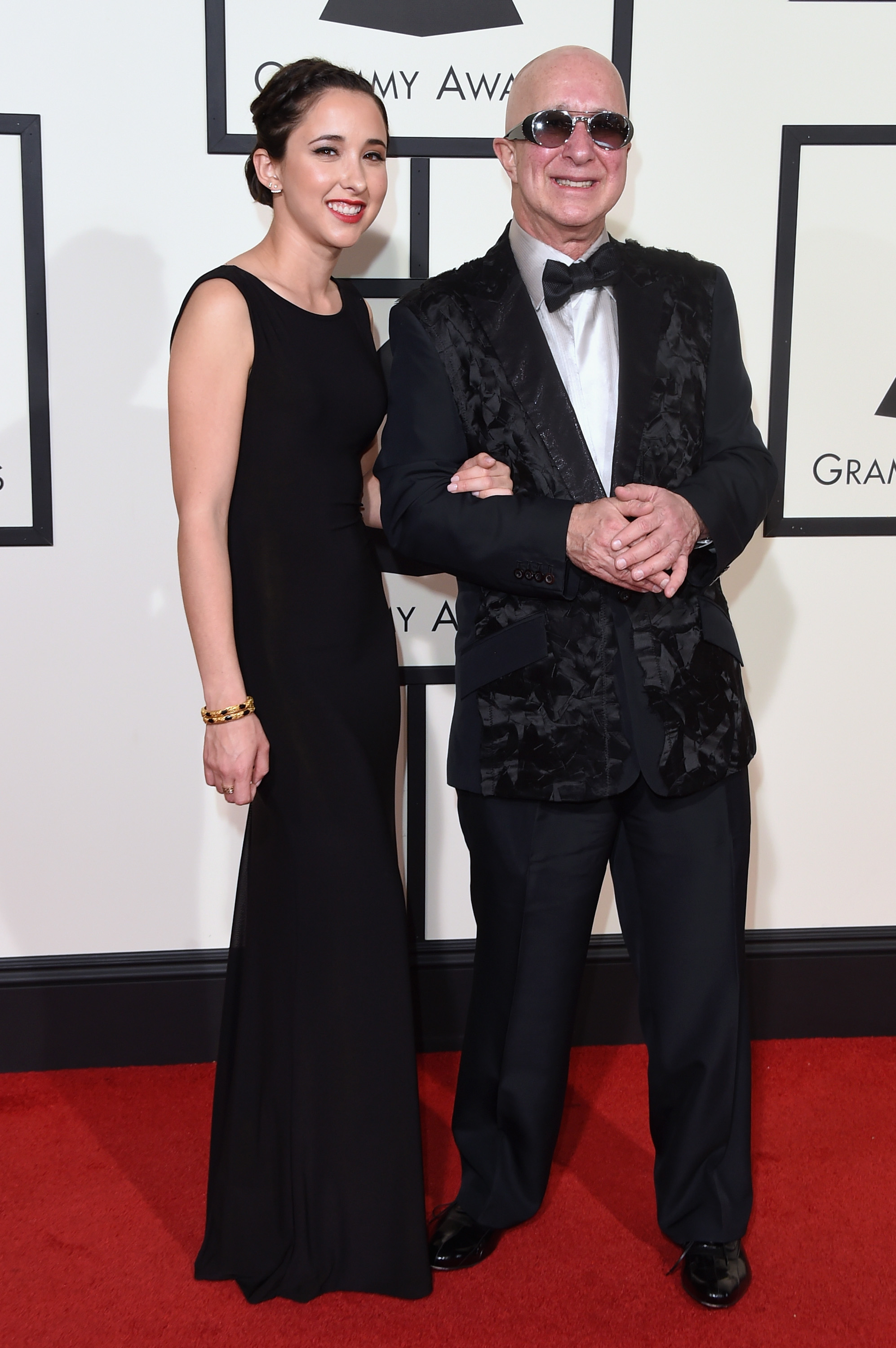
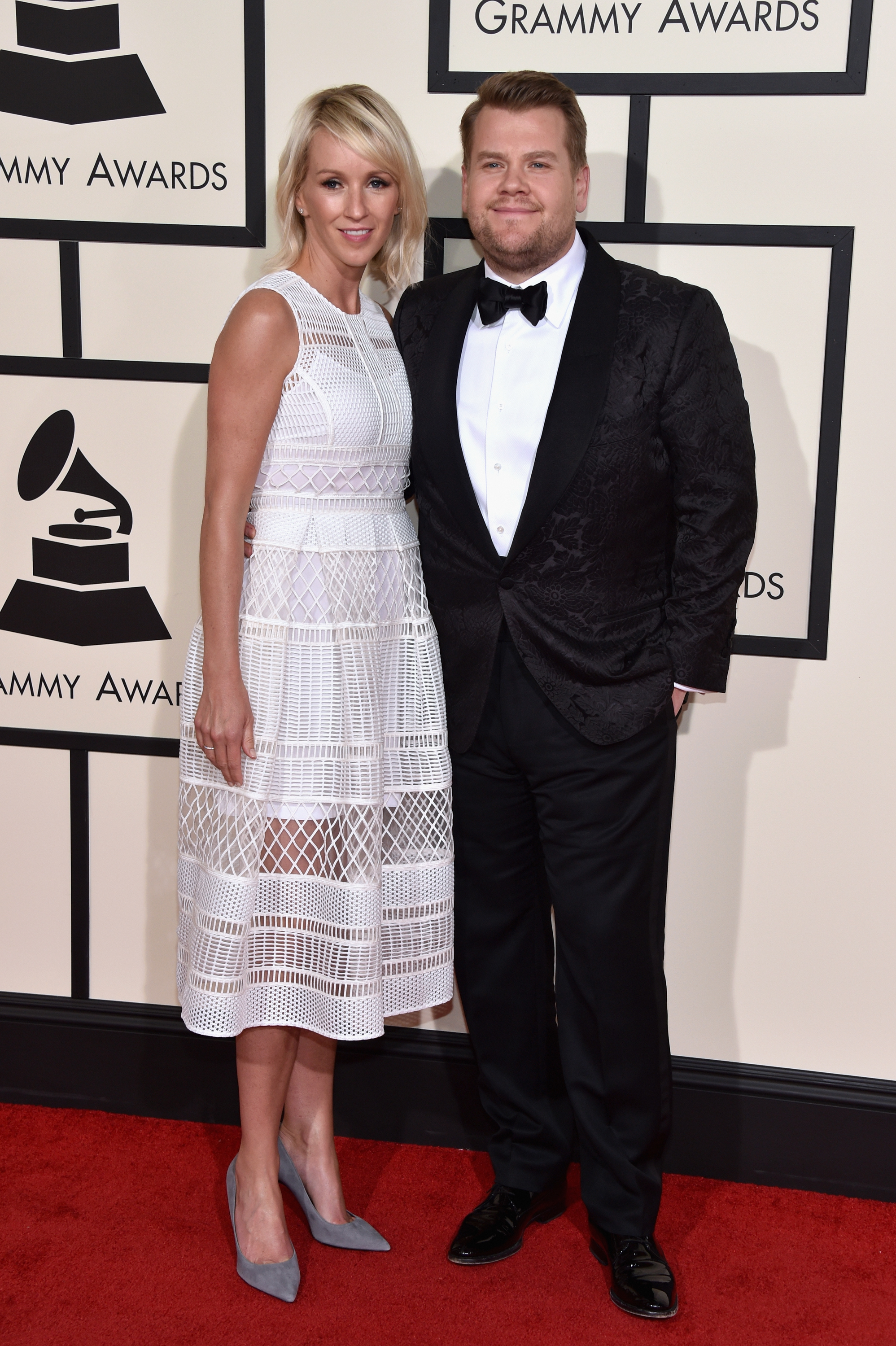
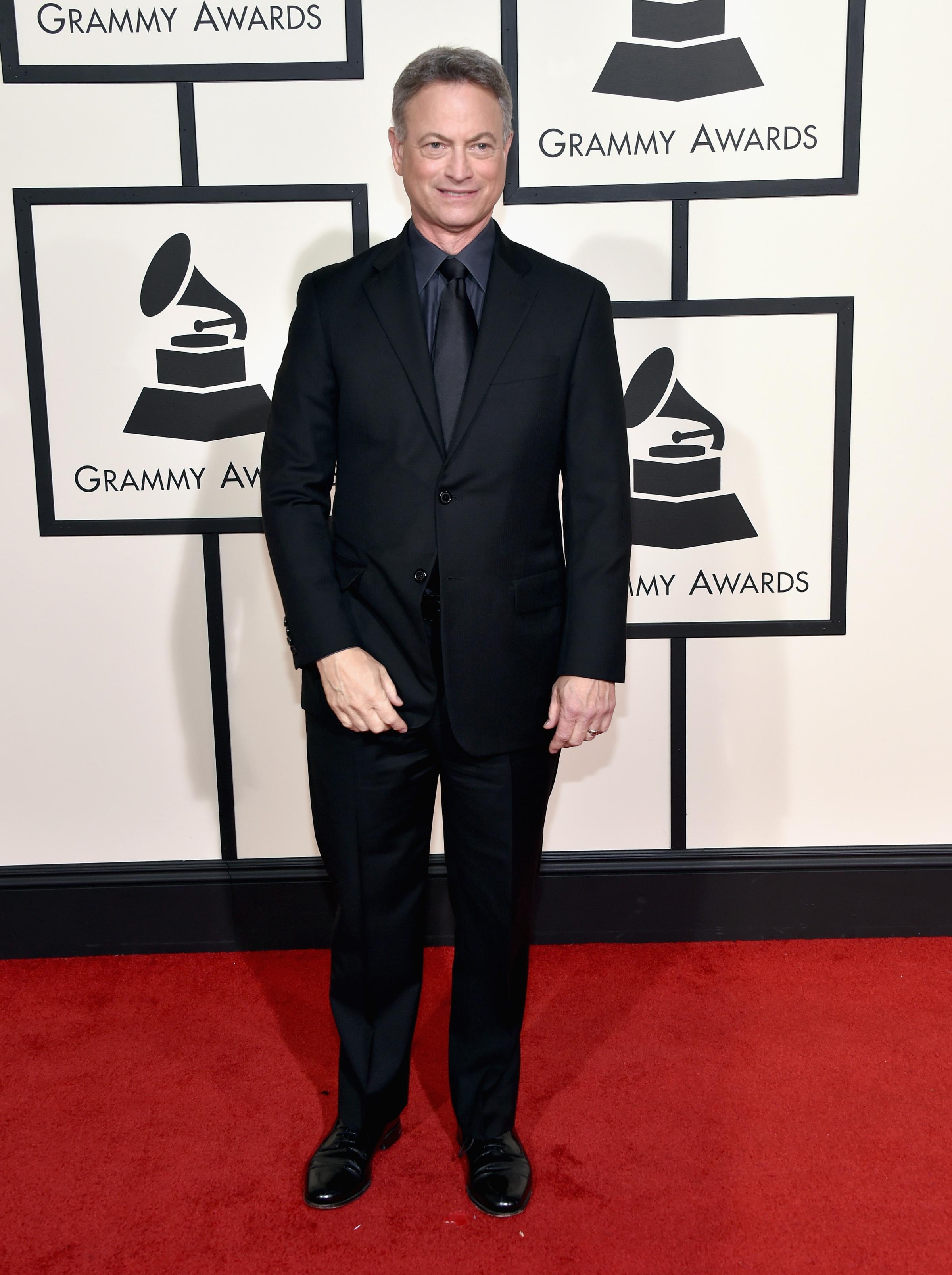
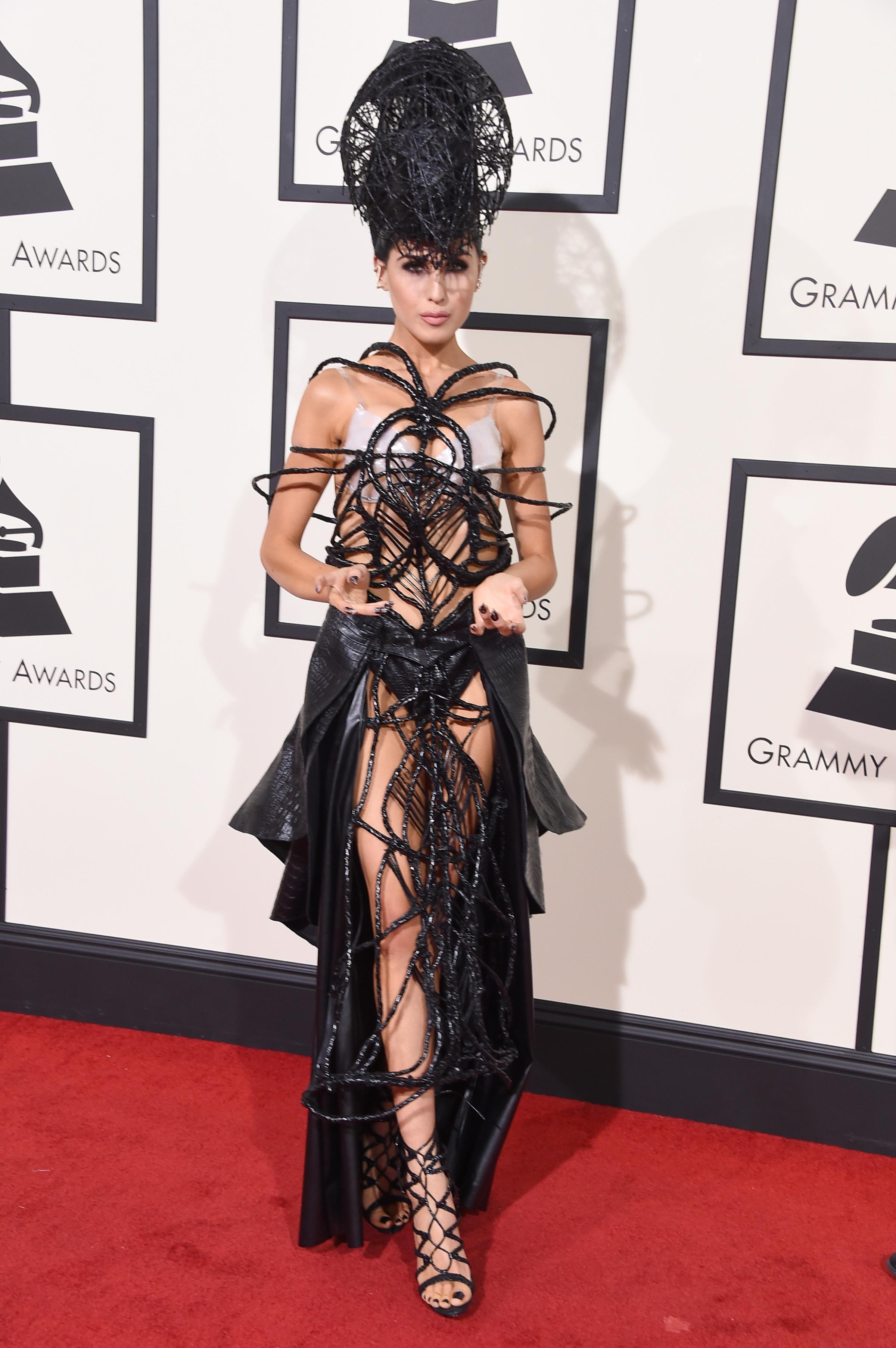
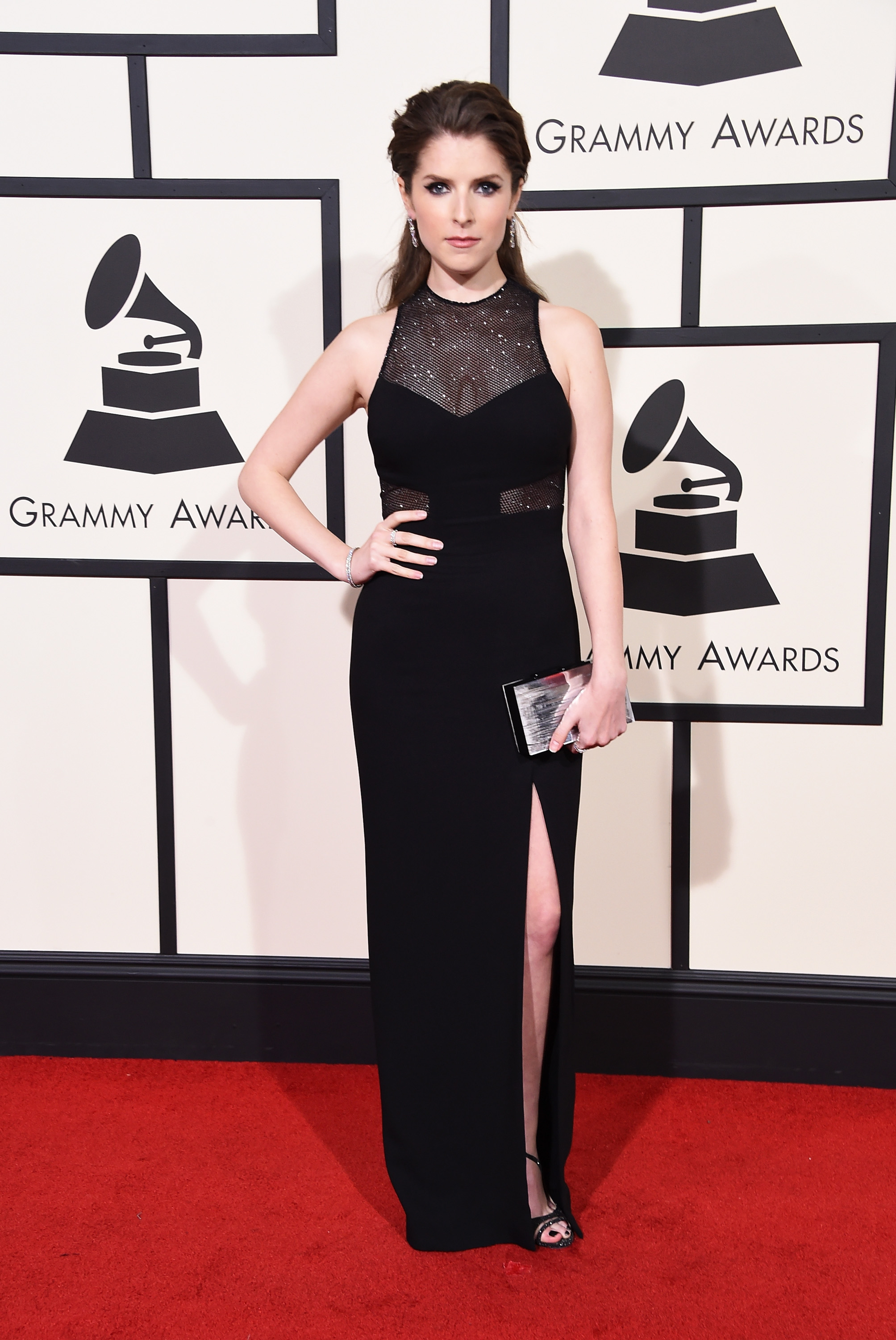
It’s likely that her Oscars performance of “Til It Happens to You,” a nominated song taken from the campus-rape documentary The Hunting Ground, will walk a similar tightrope: Meant to honor a tragedy but simultaneously serving as a career-shaping diva moment. (Its vocals are as soaring as the song’s message is dismaying.) To a certain degree, though, Gaga is operating at an unusual enough level that she can no longer be meaningfully accused of opportunism. With no new music to promote, she’s a sort of national bard of music: Whether it’s celebratory (the national anthem at the Super Bowl, the Kennedy Center Honors) or sad, her career now consists of subordinating whatever we think of as her own image in service of some other message.
Gaga’s hold on the public imagination has, recently, been even more complicated, and provides a good reason for her to have removed herself from the pop-music conversation. Gaga’s last album of original material, 2013’s Artpop, indicated Gaga had, if only temporarily, lost her balance on the tightrope of provocation. It was a series of ideas and philosophical statements with little musicianship; the album sold poorly (if only by Gaga’s own standard) and created more headlines for a botched and never-released Terry Richardson music video than it did for any songcraft. This was a long time coming: Gaga’s 2011 album Born This Way, in many ways her masterpiece, was too long by a third and had as many unfulfilled ideas as it did great ones. In her musical life, Gaga has long lacked the ability to edit.
By contrast, her recent live performances have played things remarkably straight and short. At last year’s Oscars, it was just a medley of songs from The Sound of Music sung full-throatedly and well. Despite the late hour it aired, viewers could be forgiven for wanting more. This followed Cheek to Cheek, her album of unimaginative but credibly restrained jazz covers with Tony Bennett, and was followed by a role as a vampire queen on American Horror Story last fall, notable less for Gaga’s Jessica Lange-caliber thespianship than for the way it perfectly positioned her. As the rest of the cast spun their wheels, Gaga would pop up for a few scenes an episode, styled within an inch of her life, and carefully enunciate a few perfectly calibrated bons mots. It was a performance, like all of her recent television appearances, that she was set up to slay.
That she won a Golden Globe for her performance may have been overstating the case (she was good within the very constrained framework of an extended diva cameo), but the occasion proved just how much star wattage Gaga can bring to bear on a tight timeframe. In a brief acceptance speech, her artifice (gushingly comparing her emotions in the moment to Cher’s performance in “that John Patrick Shanley movie Moonstruck”) was delicious. Indeed, her purposeful march to the podium generated the night’s most memorable moment: Leonardo DiCaprio startled by her oddity, or her earnestness, or just the fact that she was there.
Lady Gaga can only be able to maintain her title as the first lady of Sunday night televised events for so long. Eventually, there will have to be a new justification to invite her to perform at things, in the form of new original music. But that reckoning may not come for a long time; Rihanna only became more interesting to her fans in her three-year-plus hiatus before the release of Anti, while Beyoncé has generated pandemonium with the drop of a single, “Formation,” unconnected to any news about a new album. And Kanye West generated far more news through Twitter pronouncements and beefs in the lead-up to the release of his album The Life of Pablo than he did through the actual songs.
Who needs new material in a media environment where everything—every individual cover song on an awards show, every sickeningly perfect outfit on the red carpet or on a TV show—can generate copy? At this point, to release a full-length album of new songs—songs that viewers could judge on their own merits outside the overheated environment of awards-show Twitter—is the most dangerous thing Gaga could do. Her career beached itself because she was too intent on telling us her big ideas about fame. Now, she’s close to regaining her throne by showing us that she understands fame’s often-substanceless nature better than anybody, to be perceived as a risk-taker by risking nothing.
More Must-Reads from TIME
- Inside Elon Musk’s War on Washington
- Why Do More Young Adults Have Cancer?
- Colman Domingo Leads With Radical Love
- 11 New Books to Read in February
- How to Get Better at Doing Things Alone
- Cecily Strong on Goober the Clown
- Column: The Rise of America’s Broligarchy
- Introducing the 2025 Closers
Contact us at letters@time.com